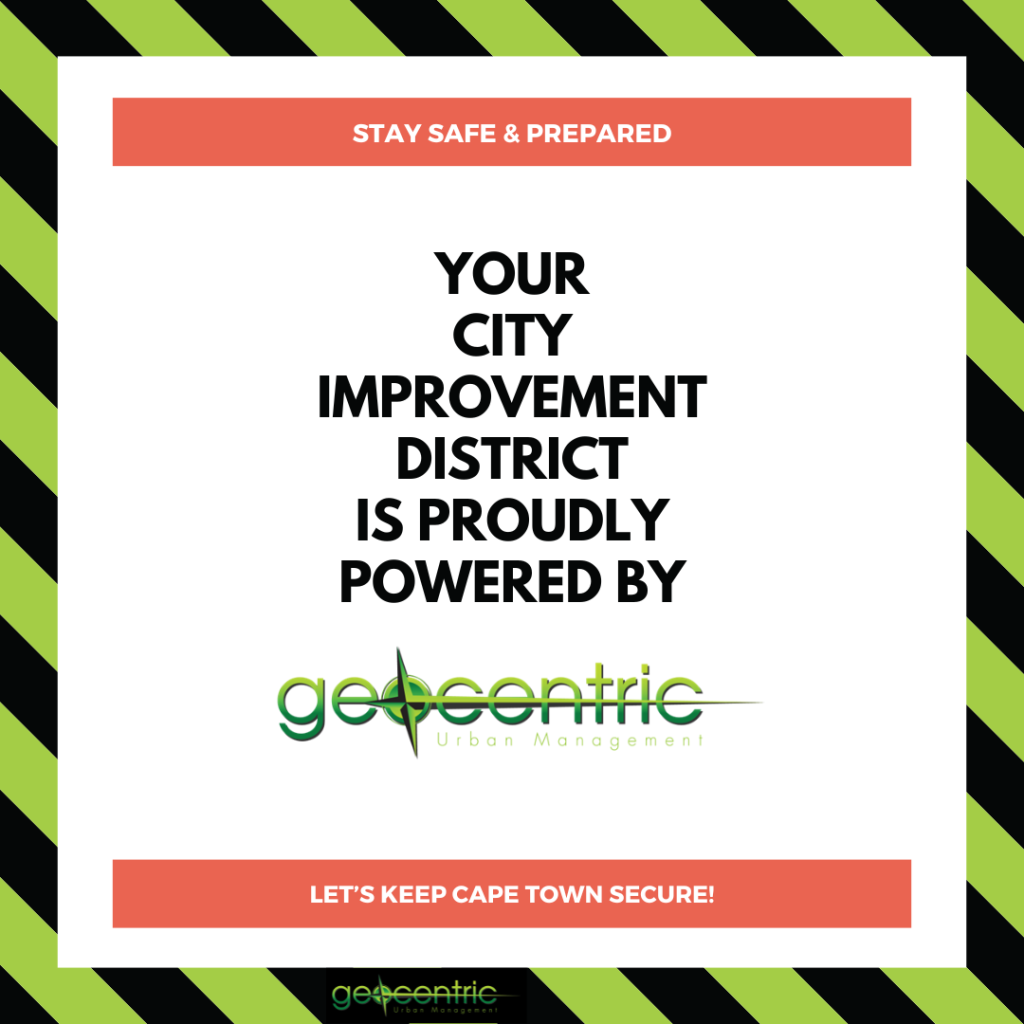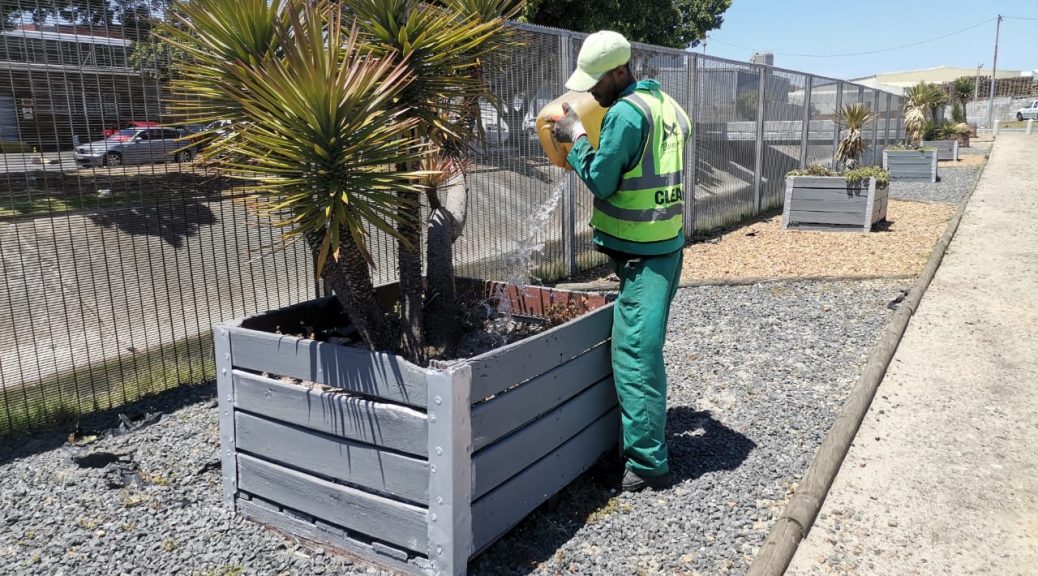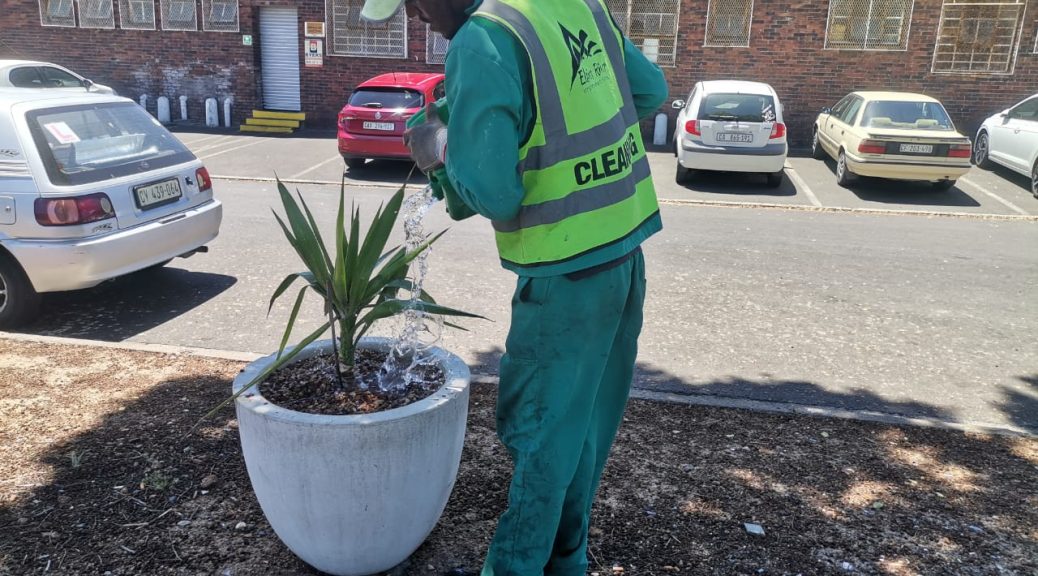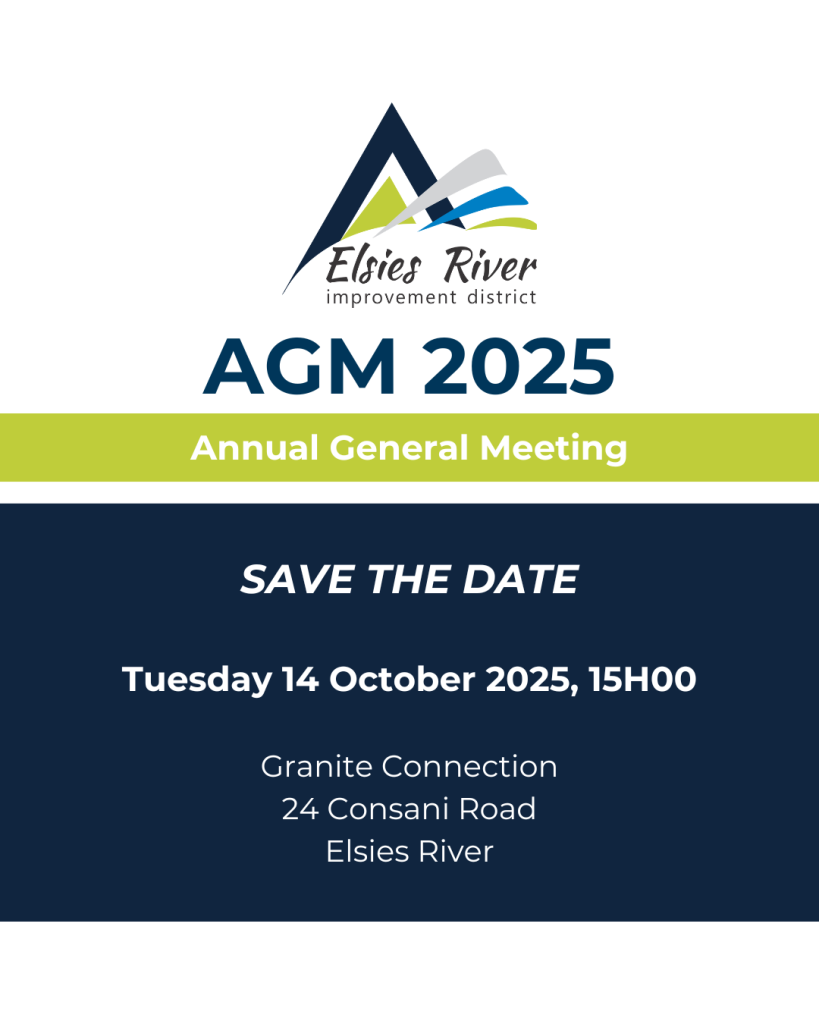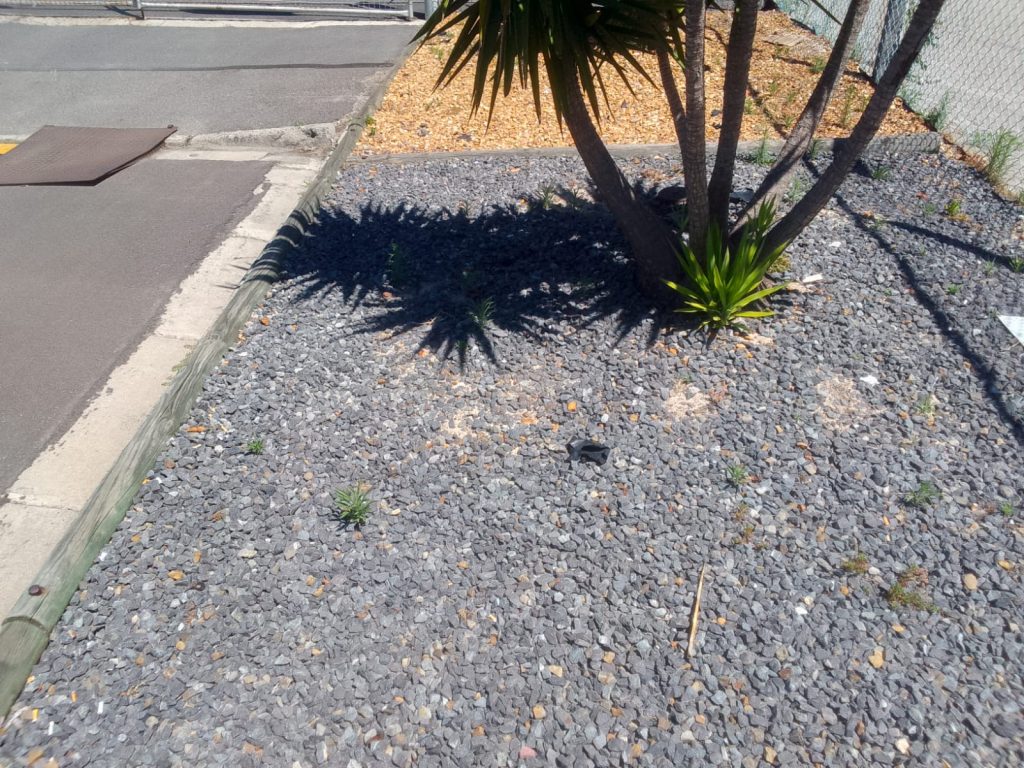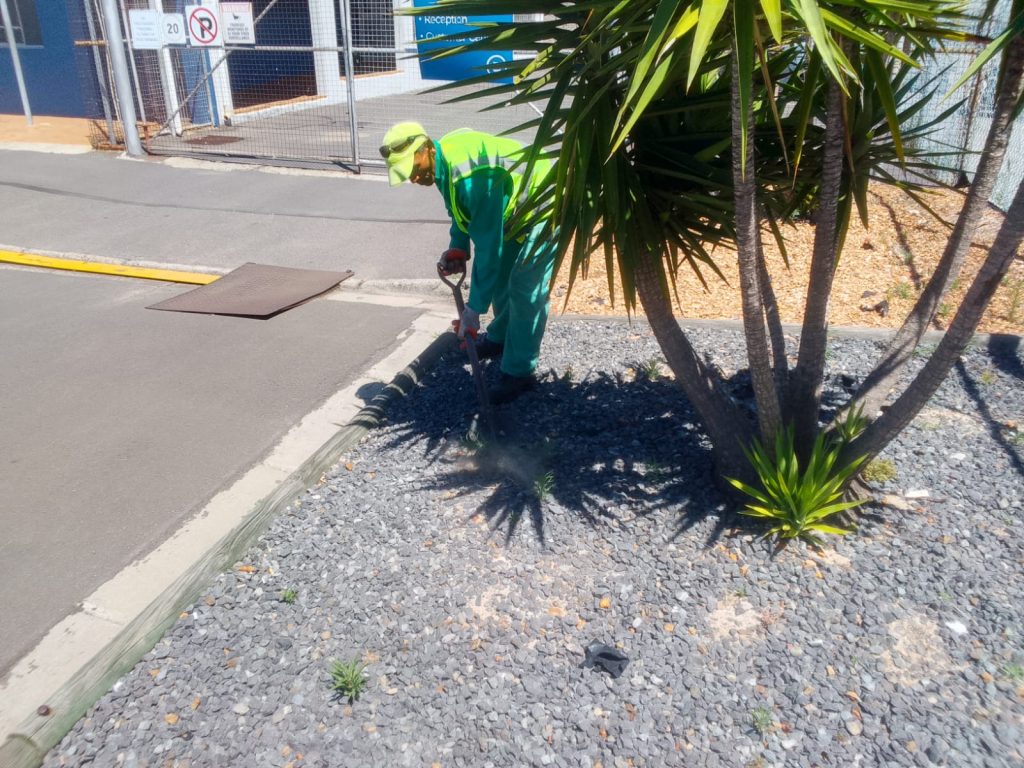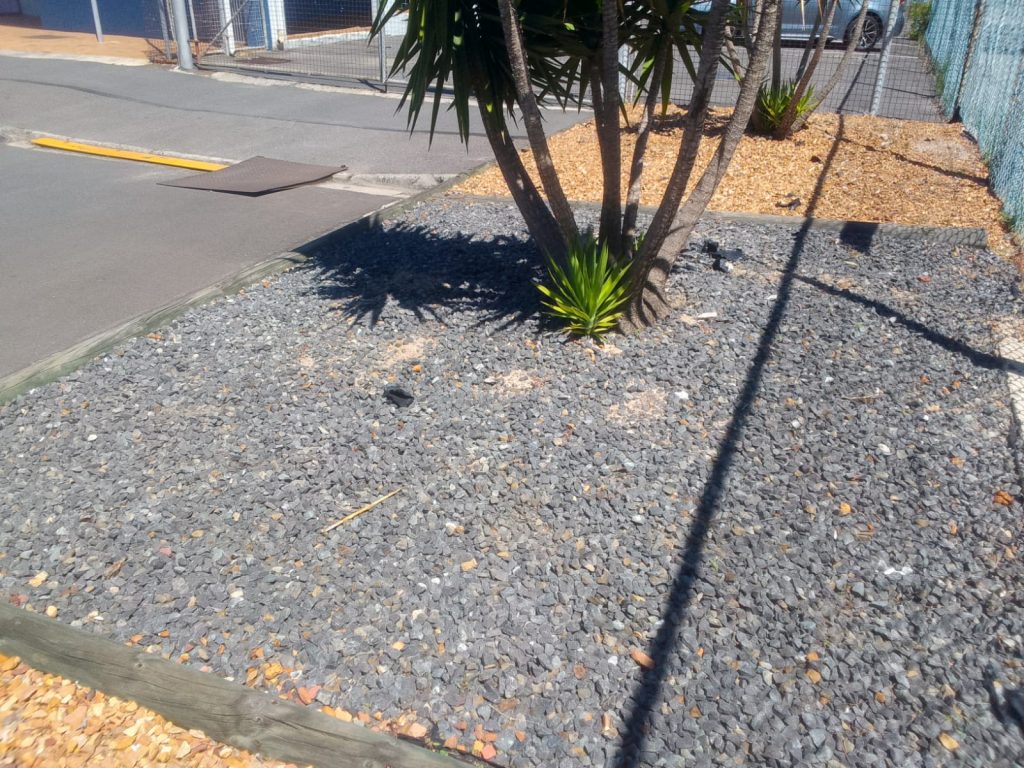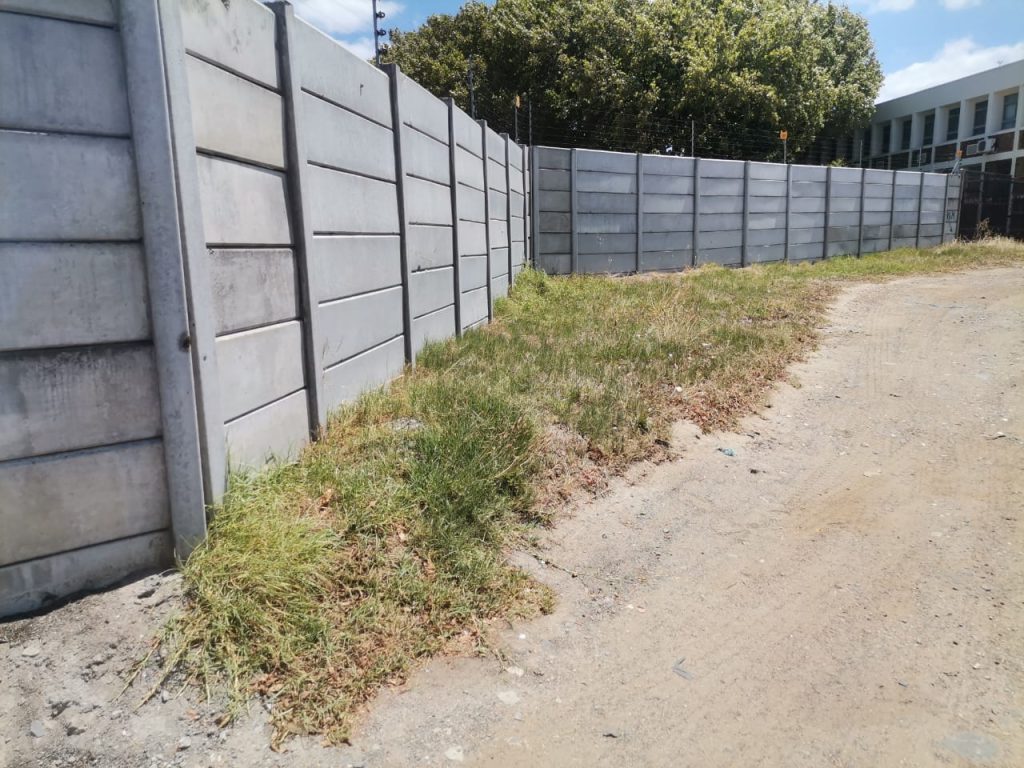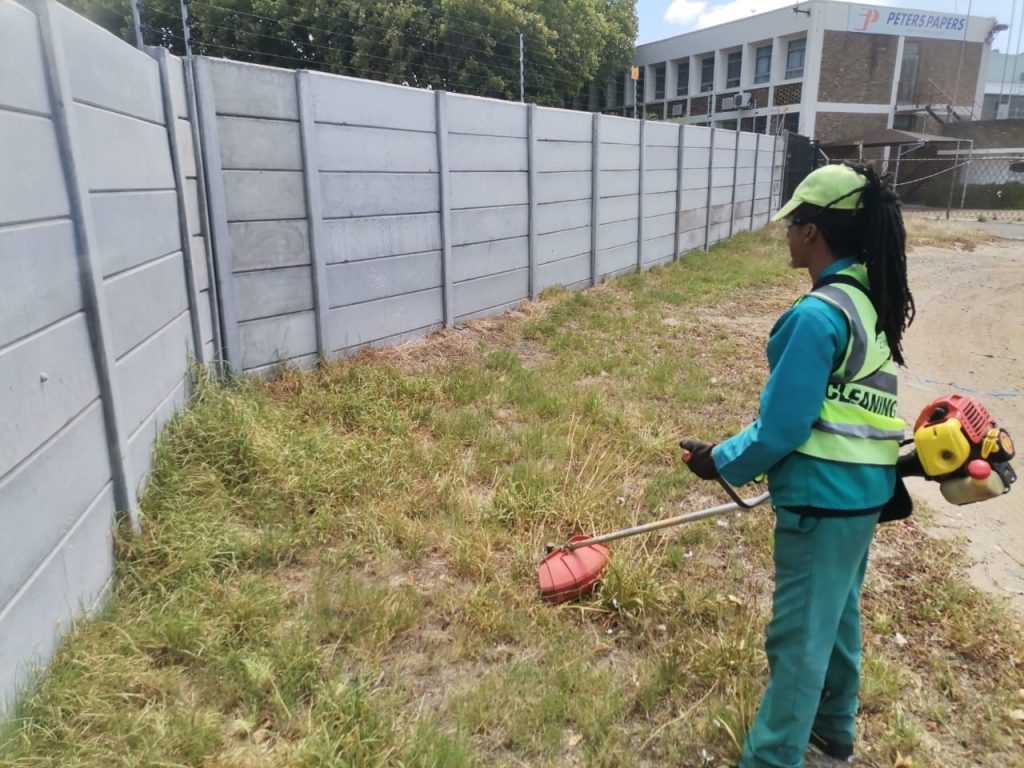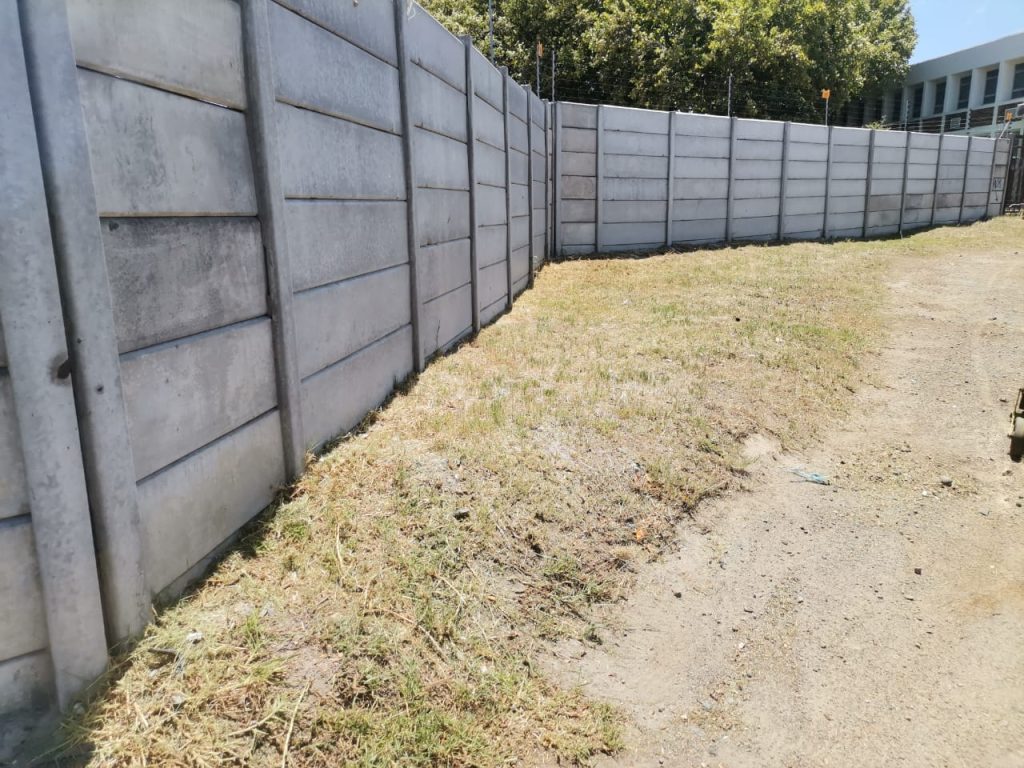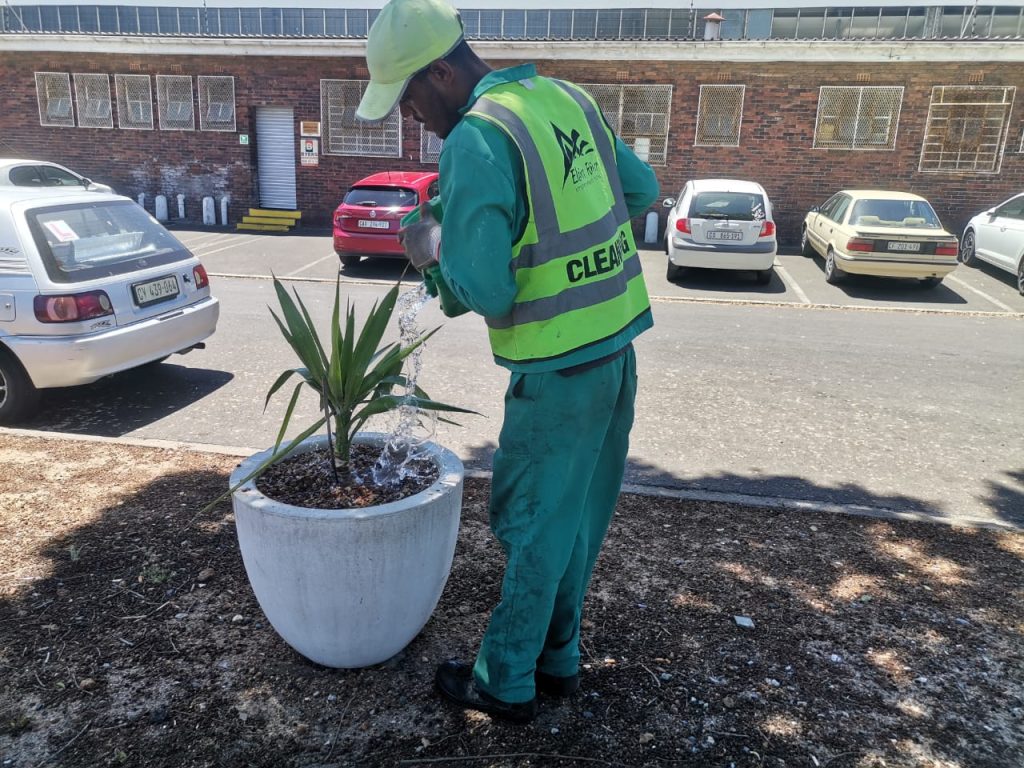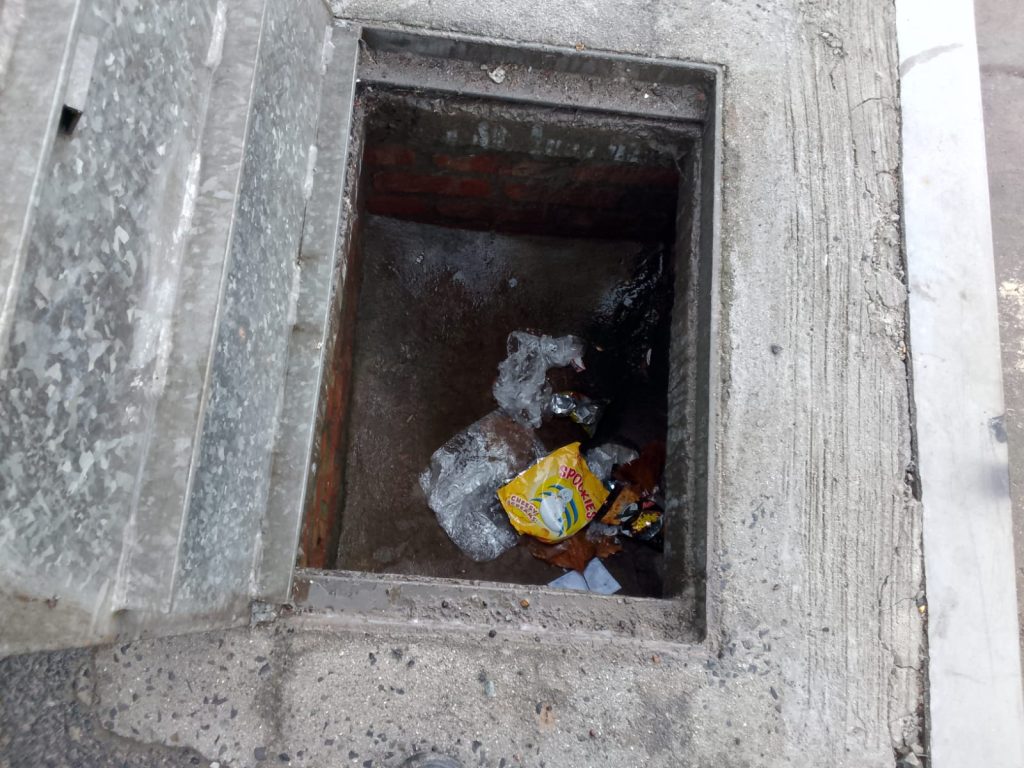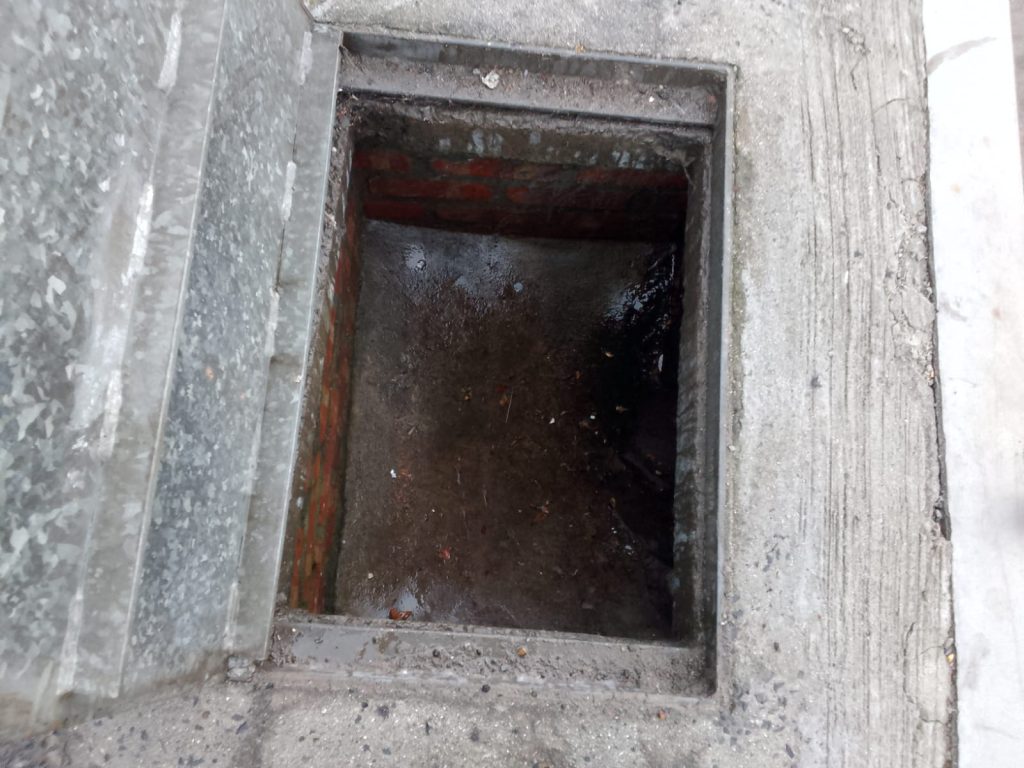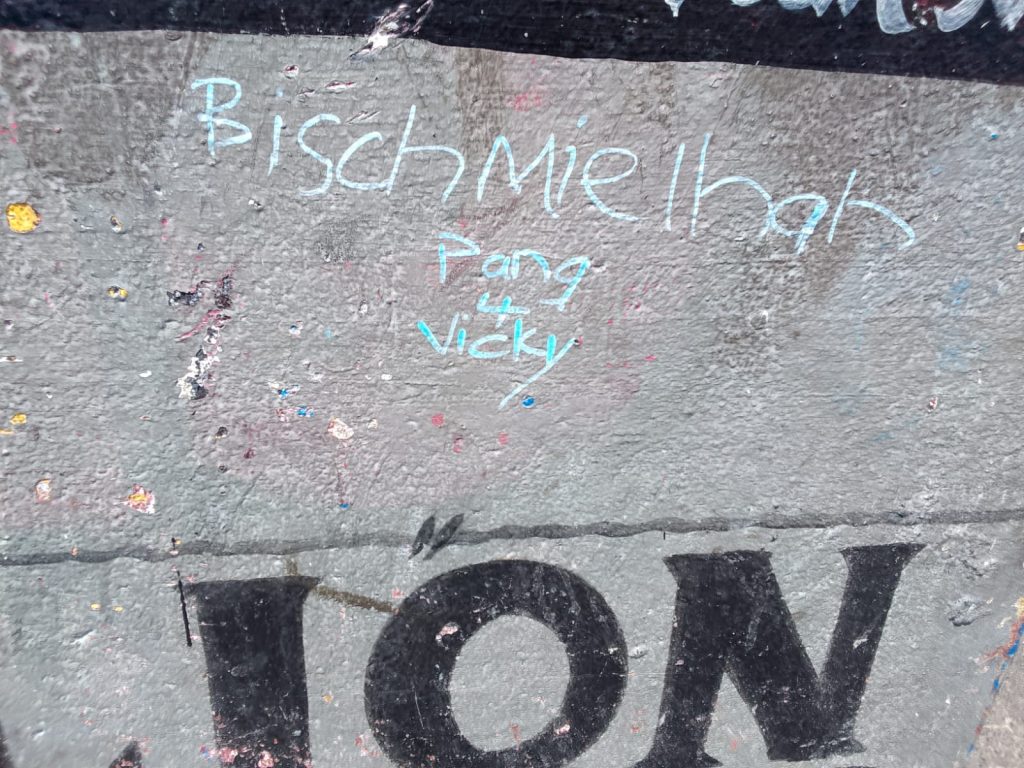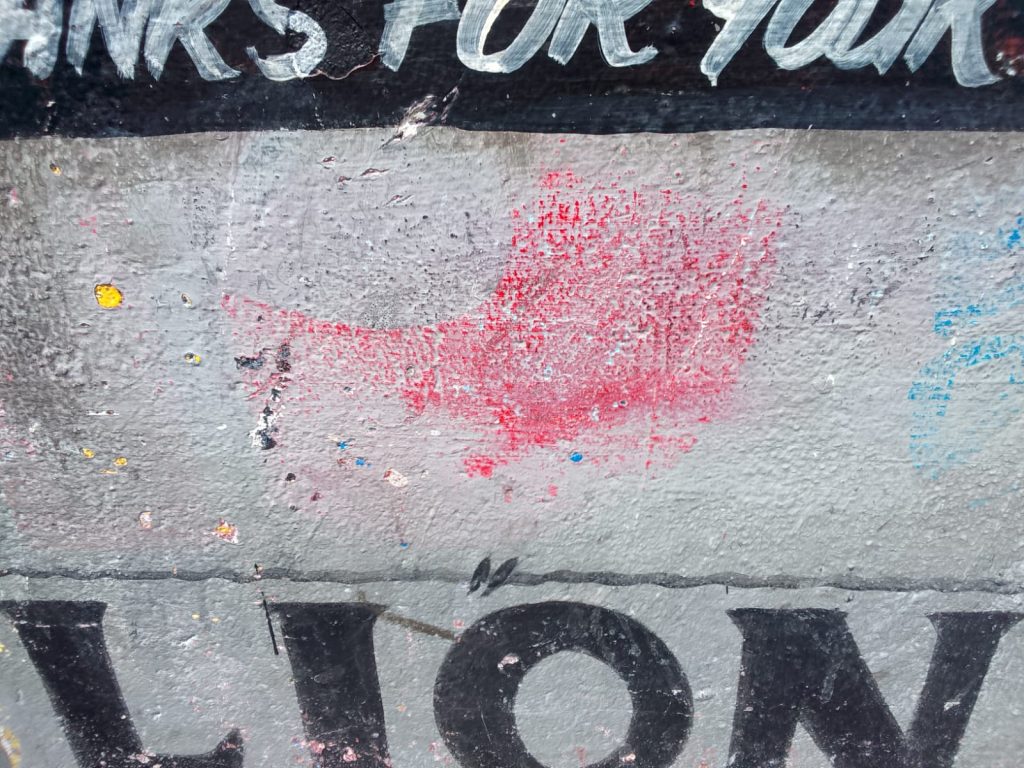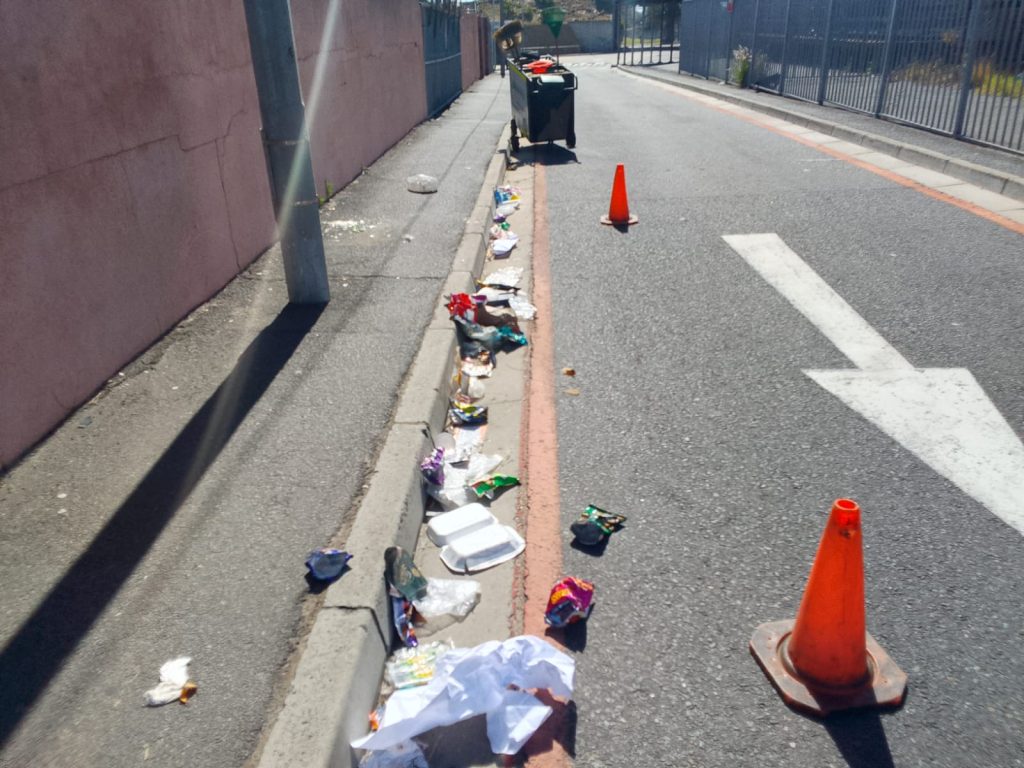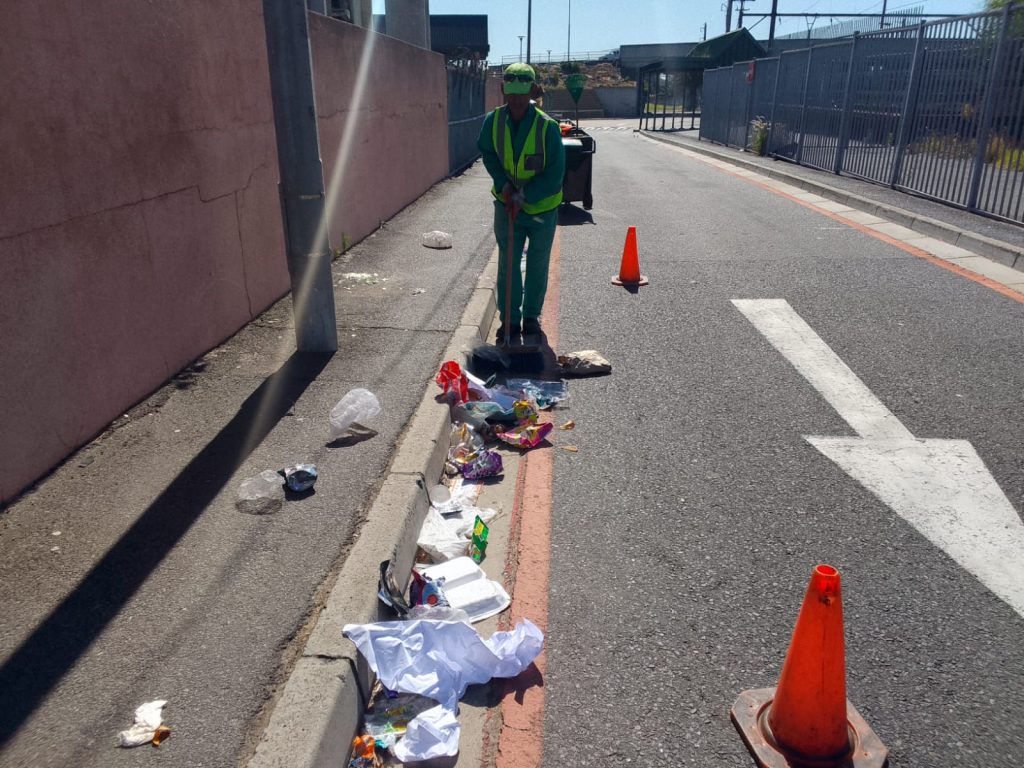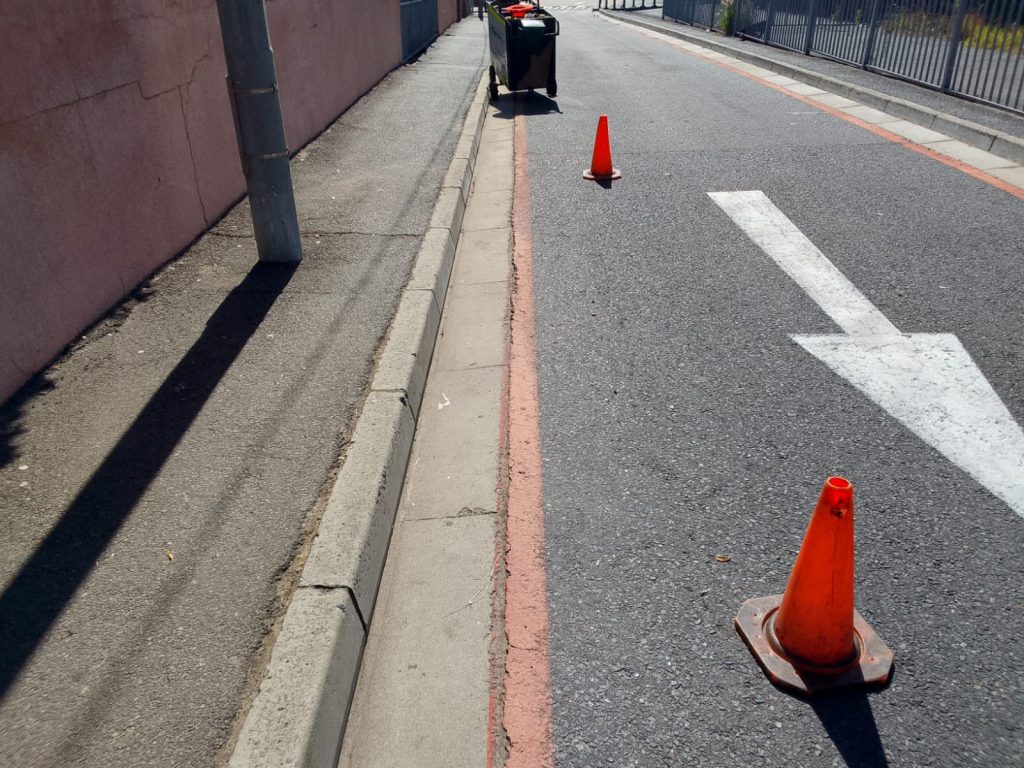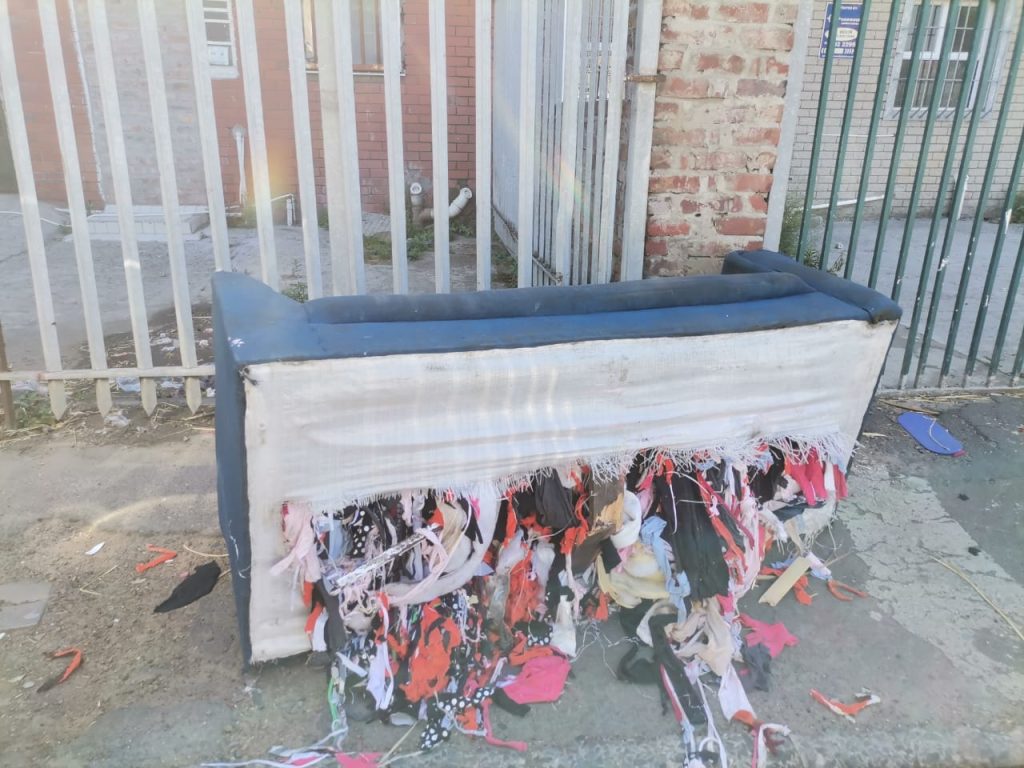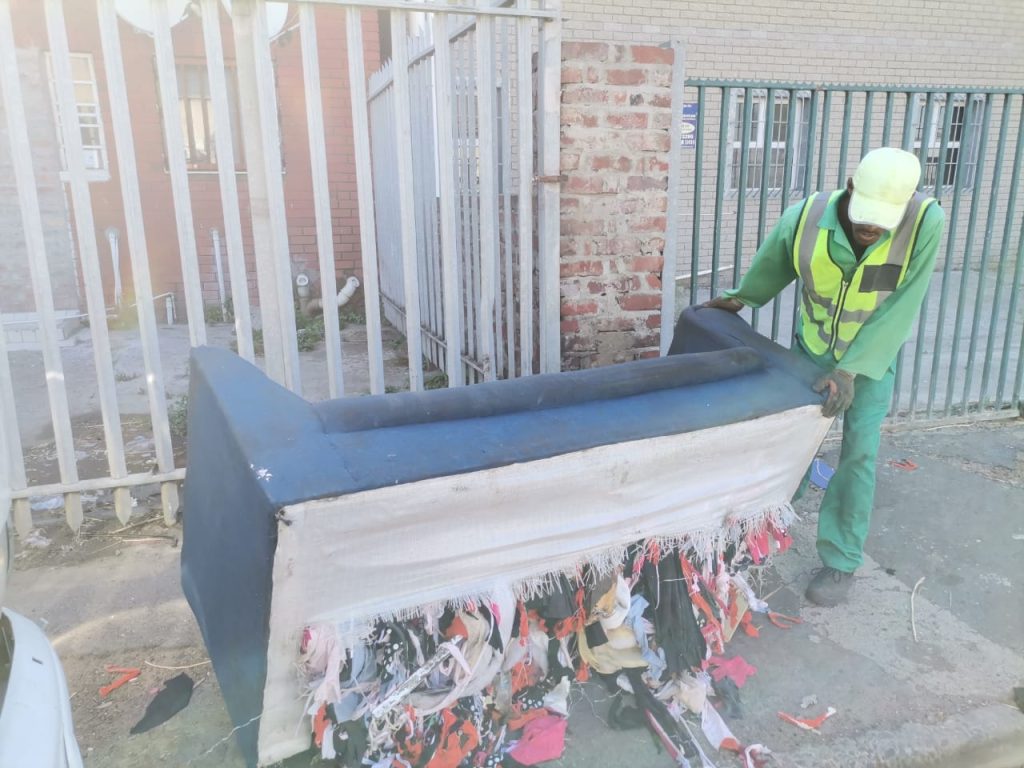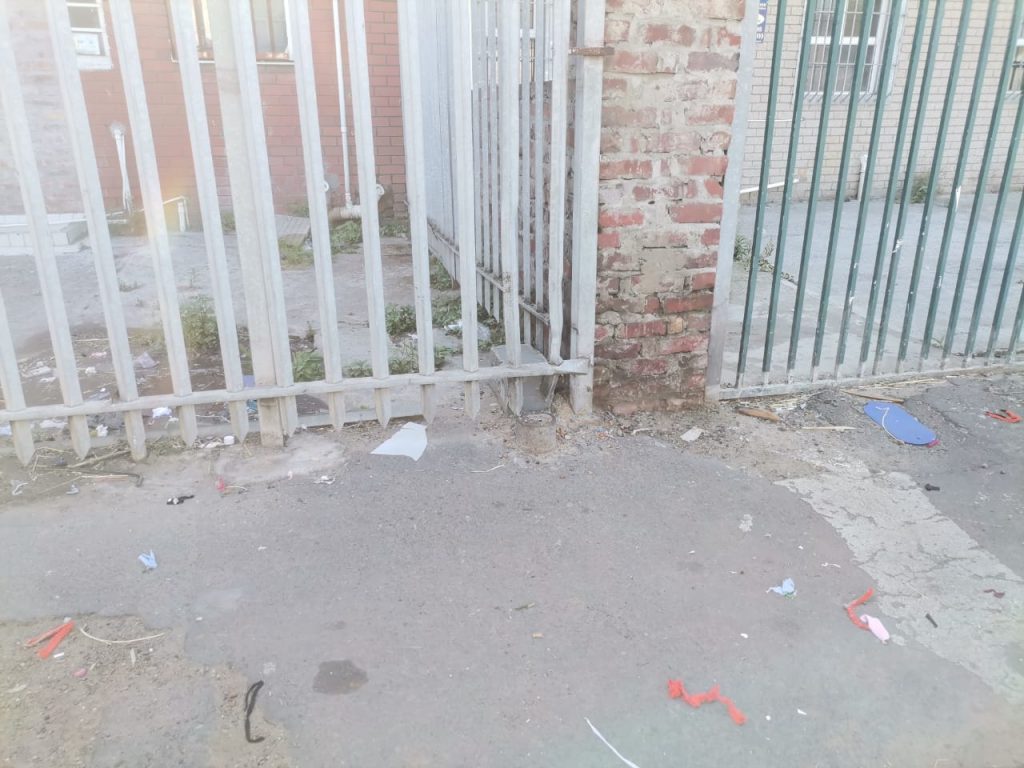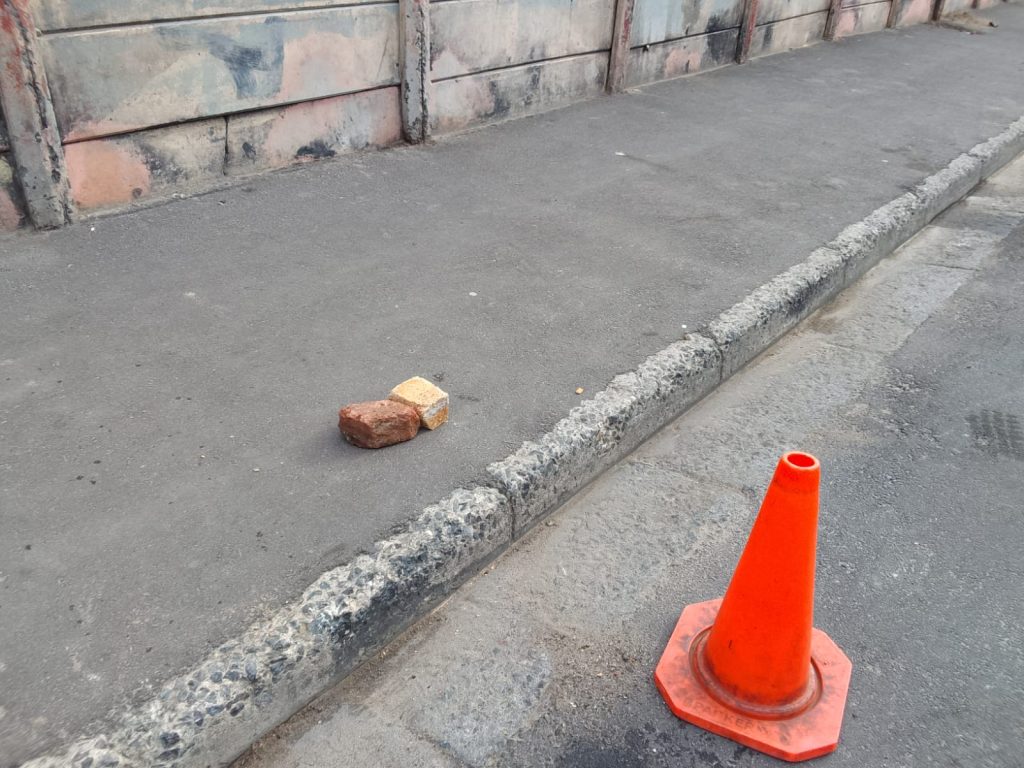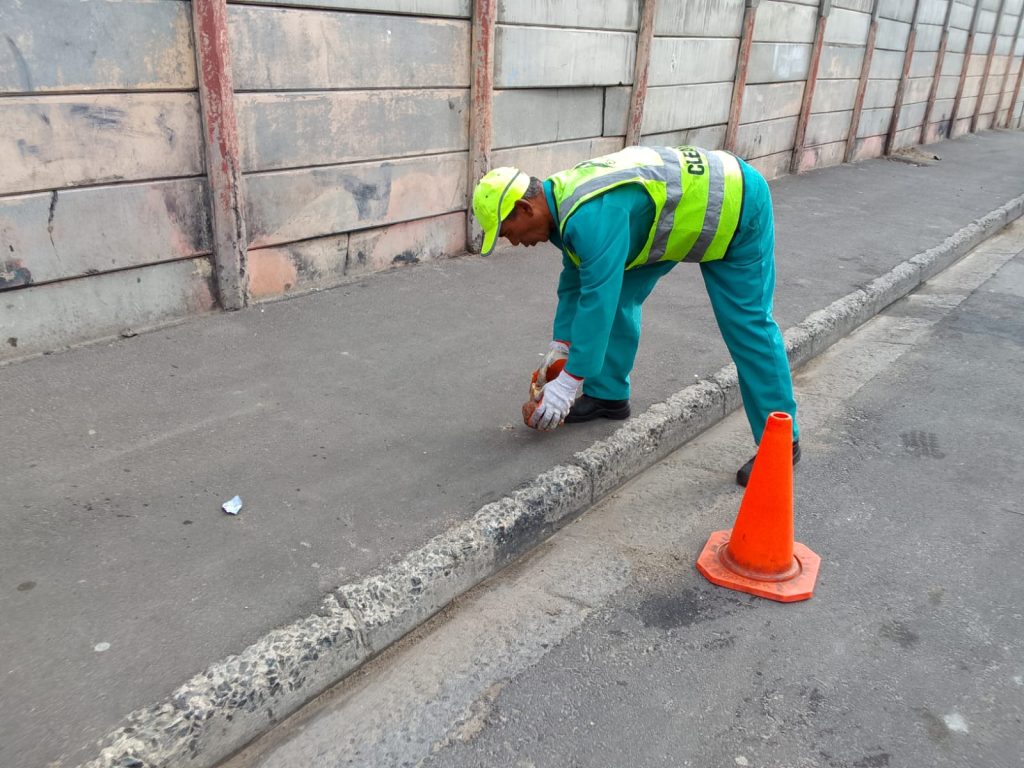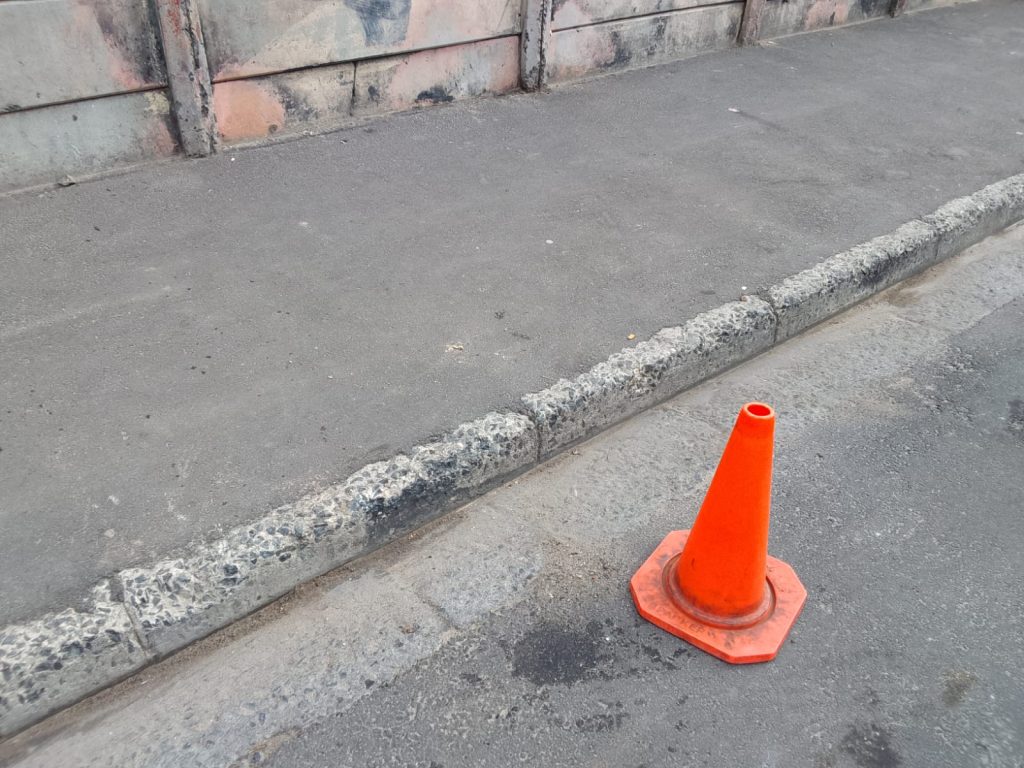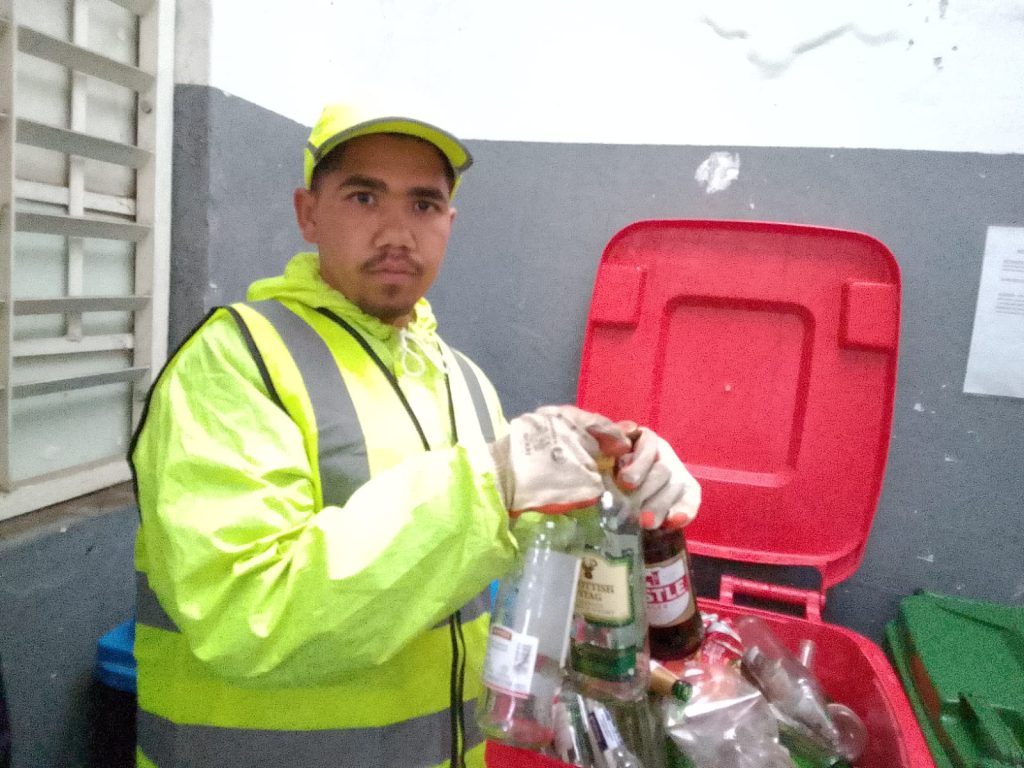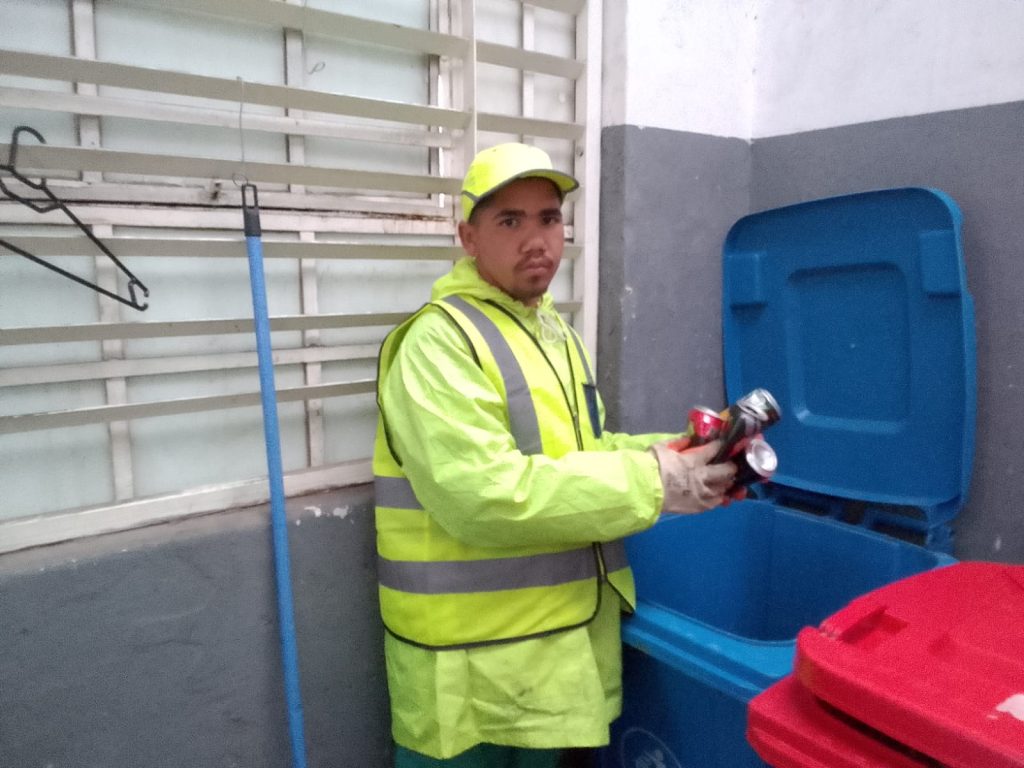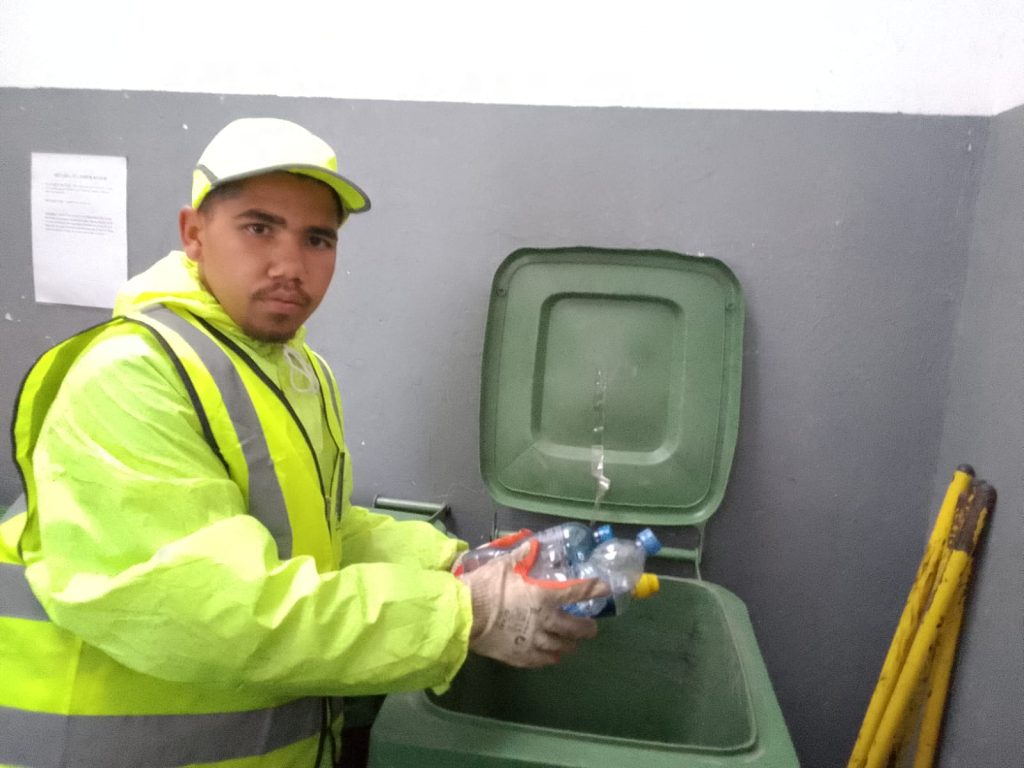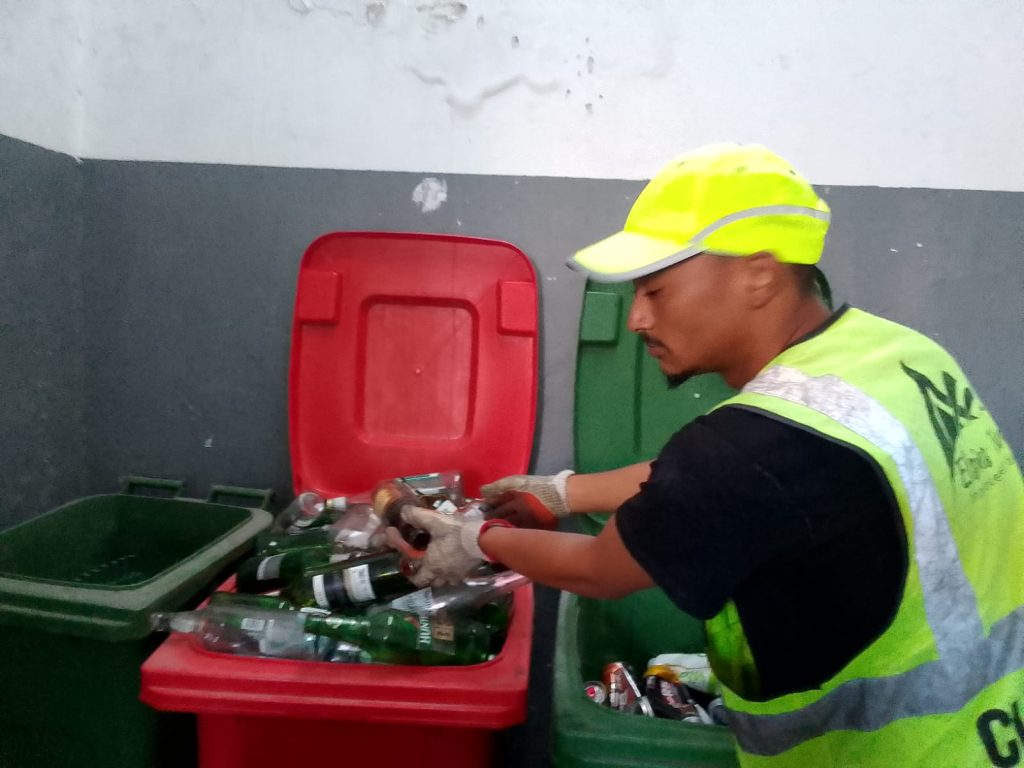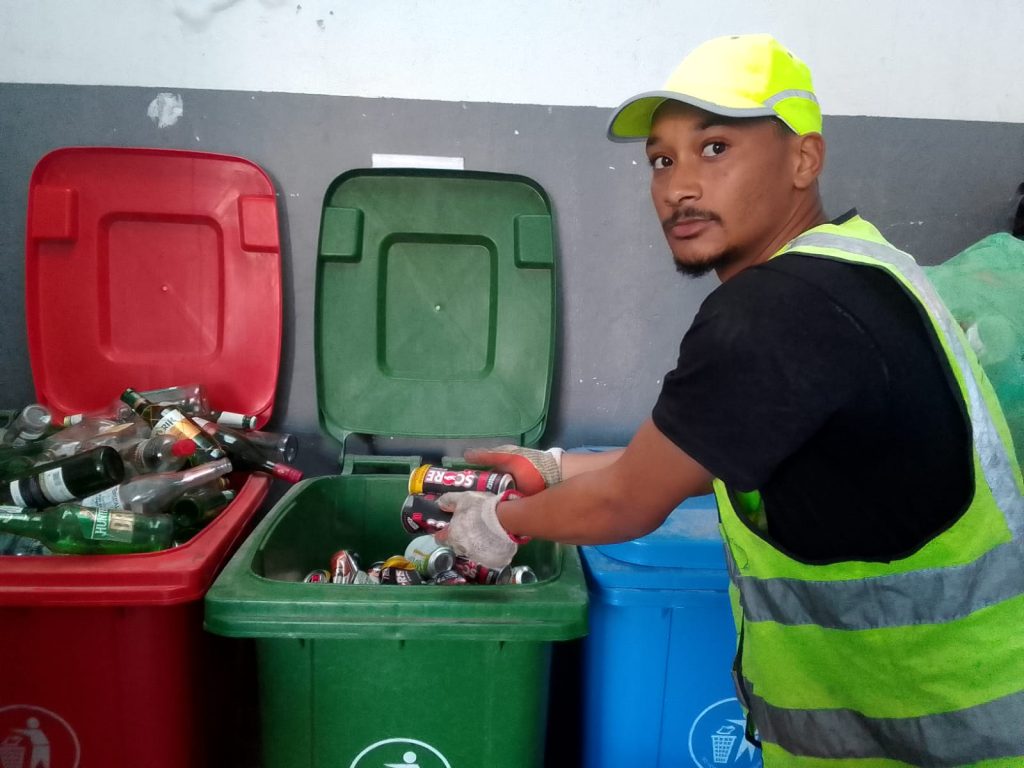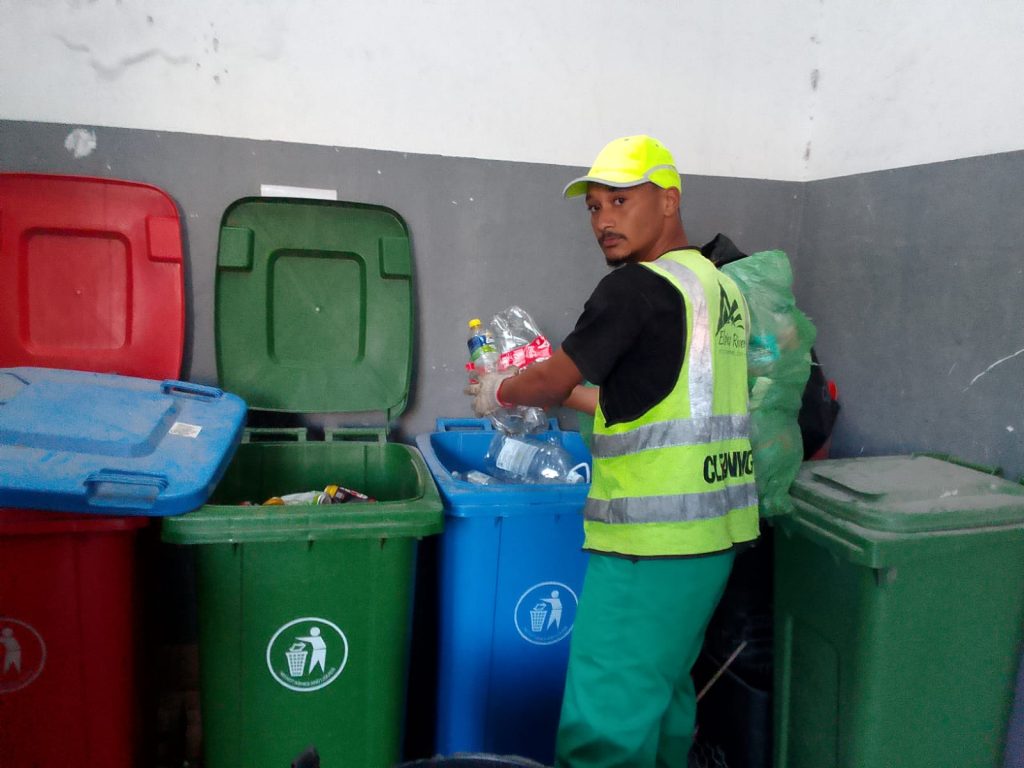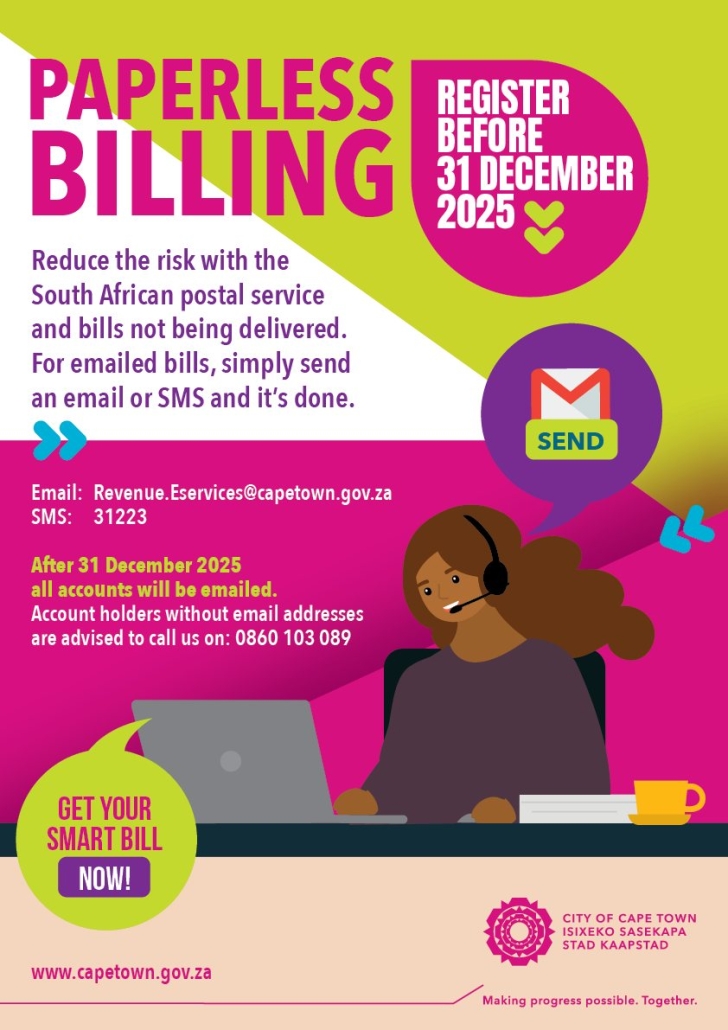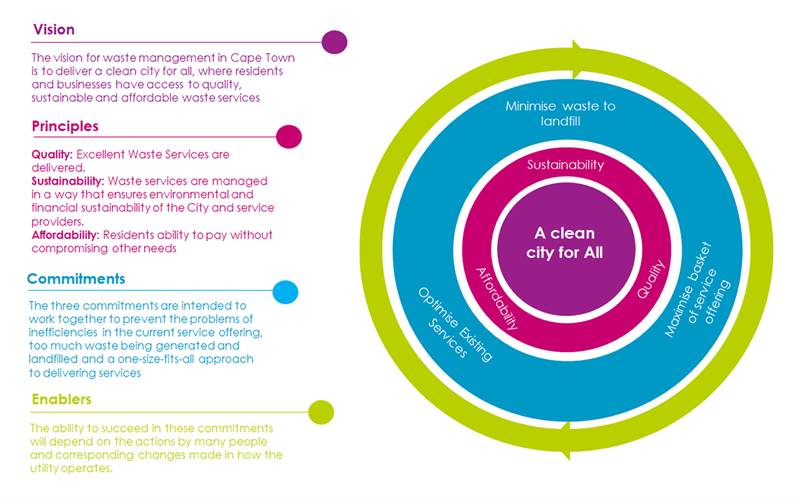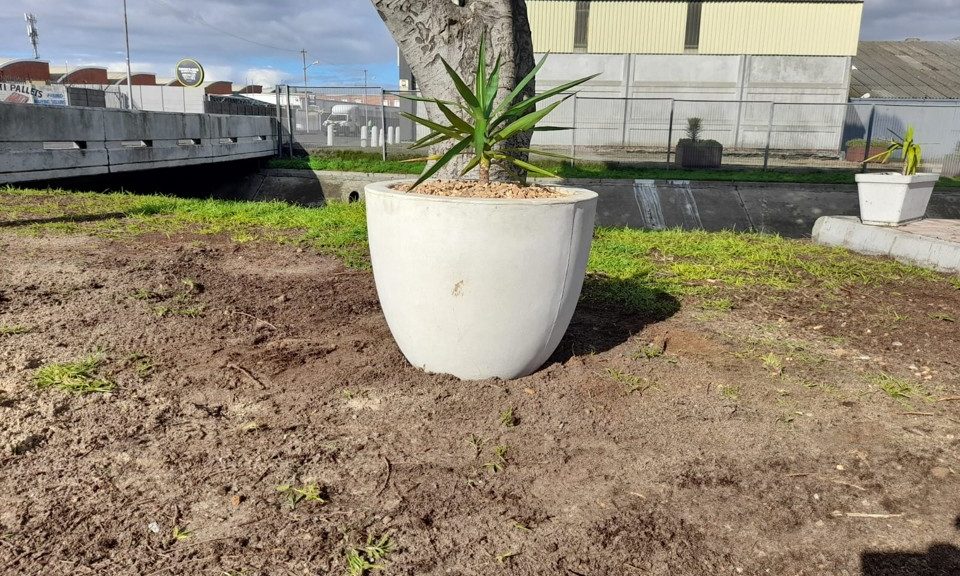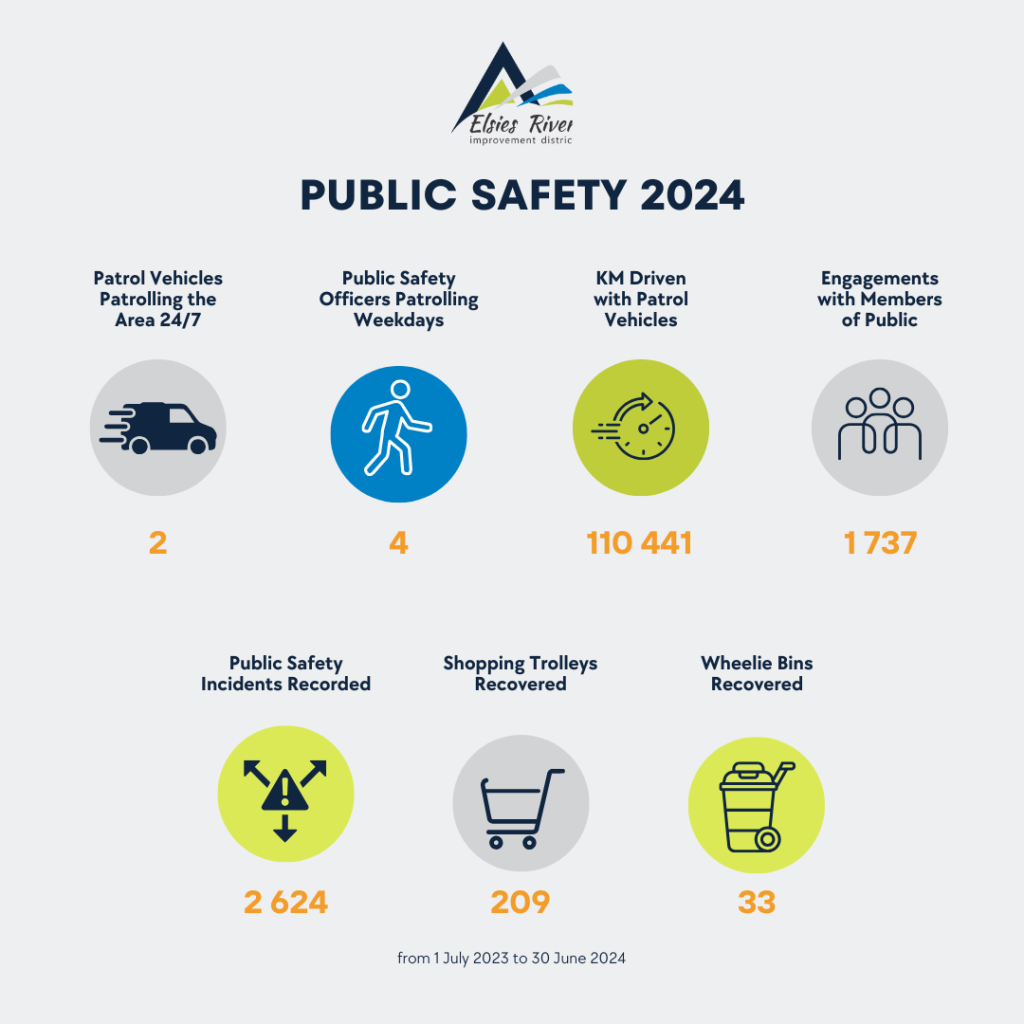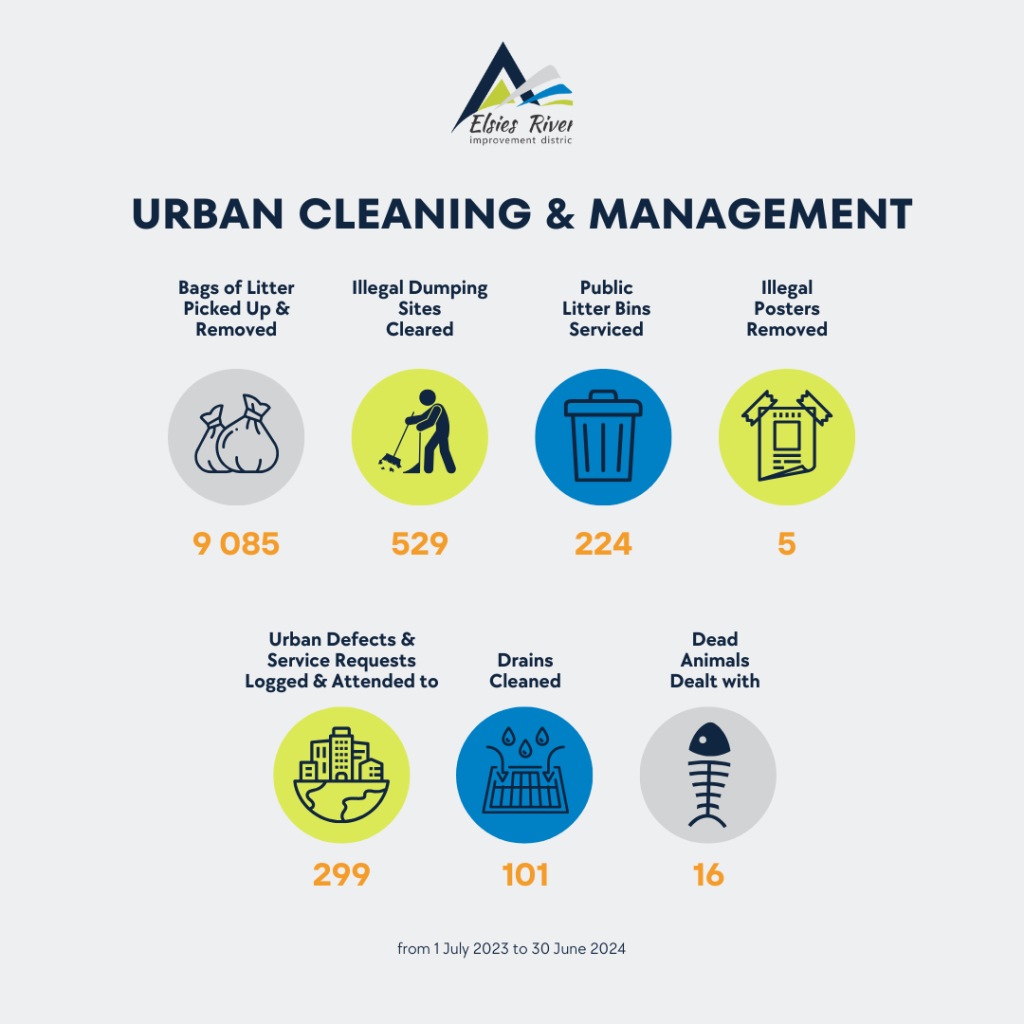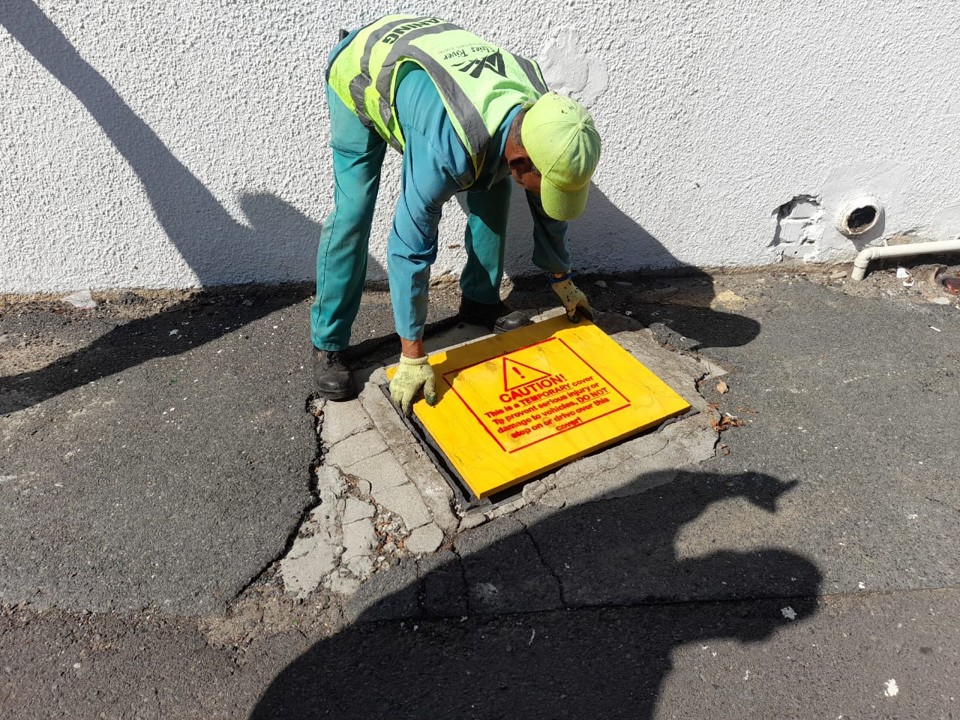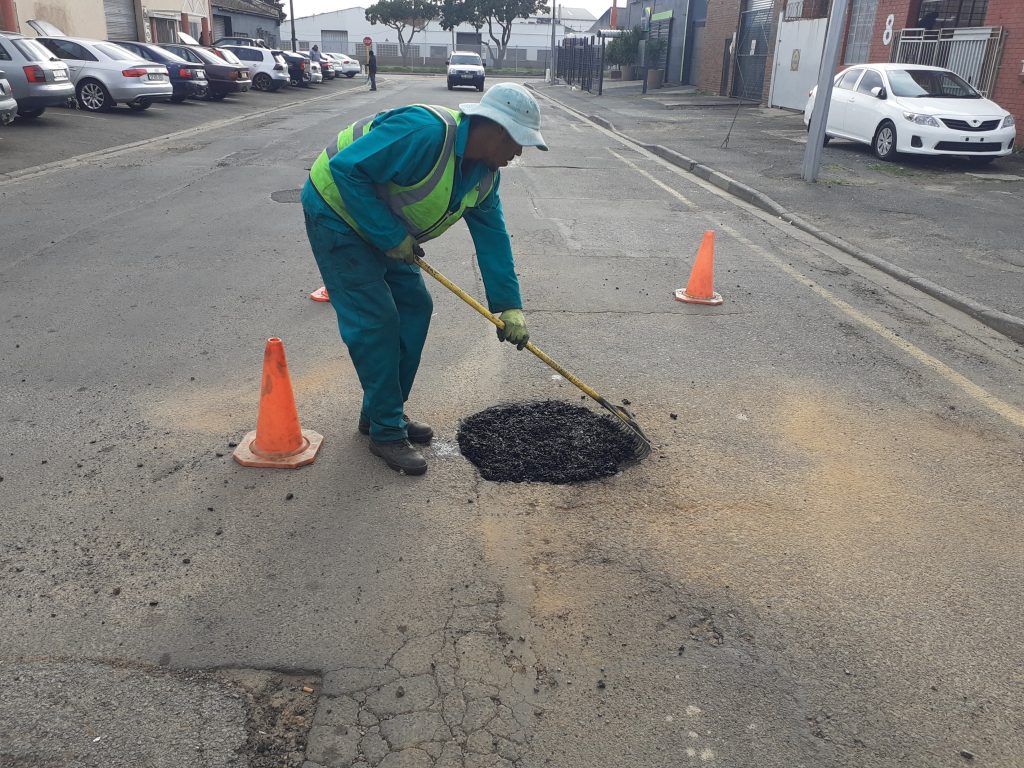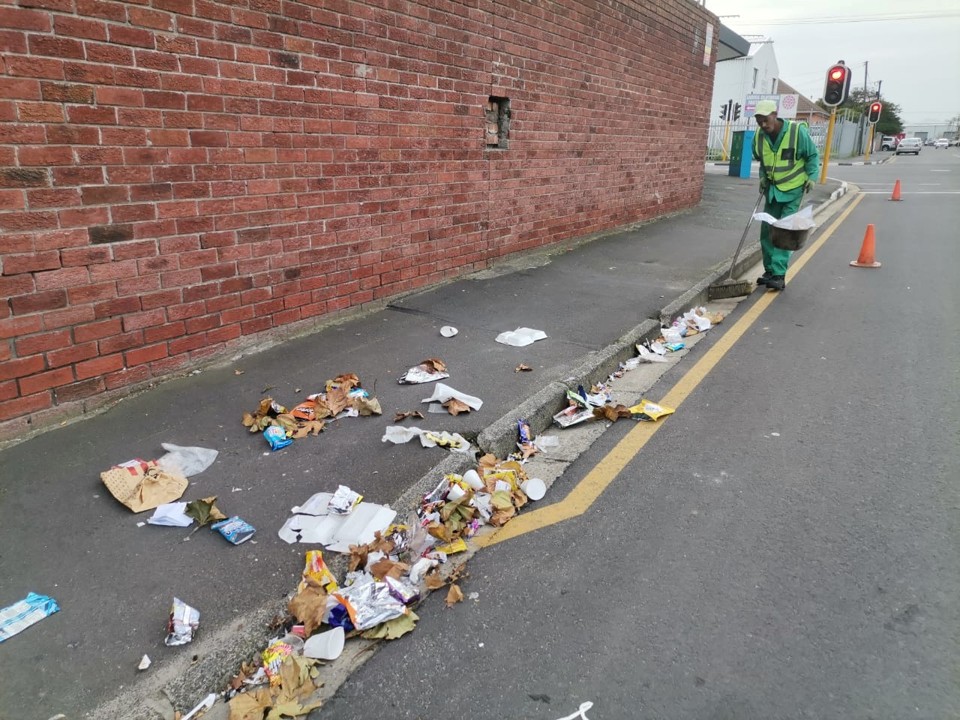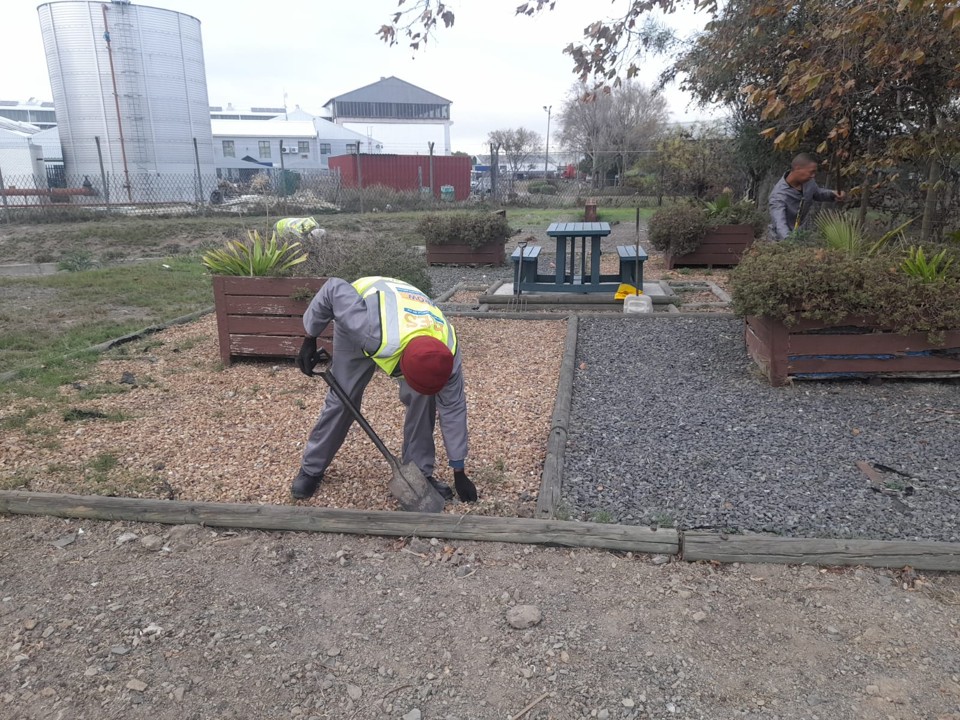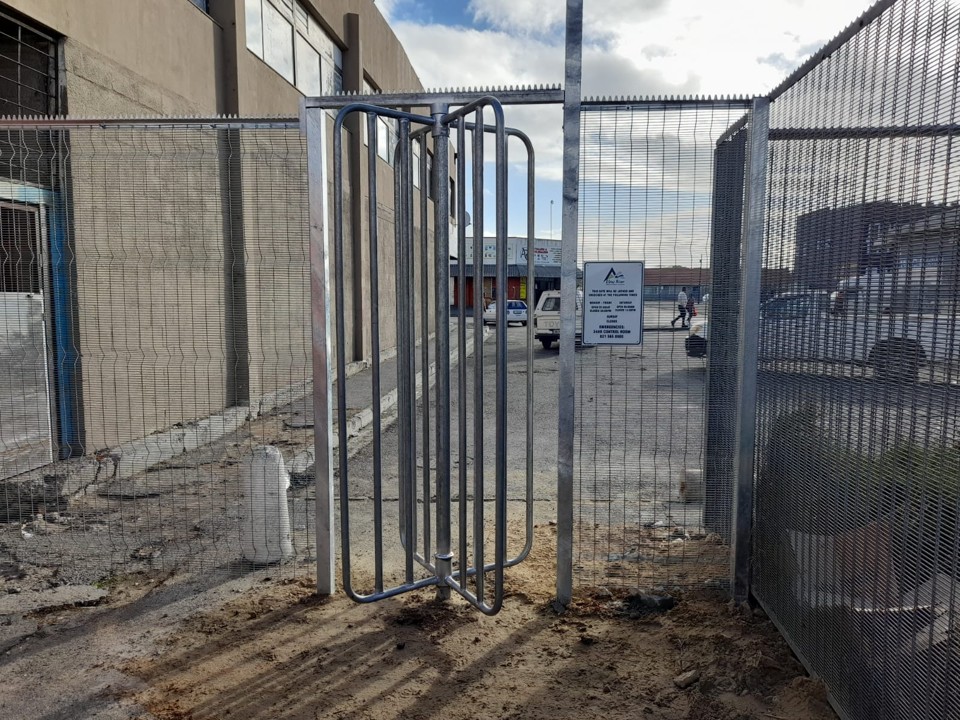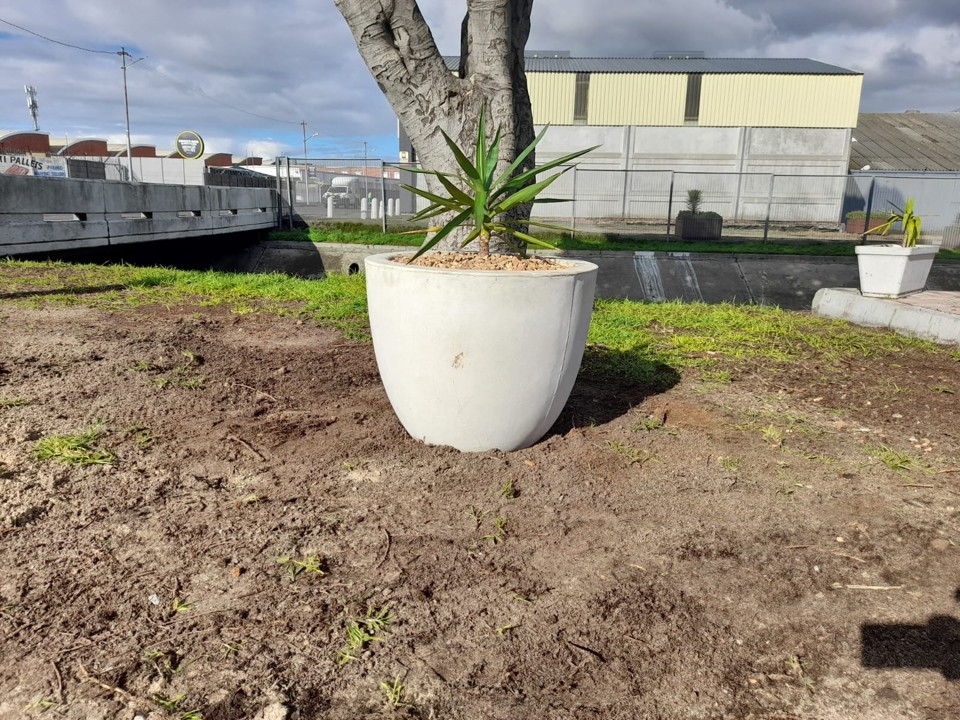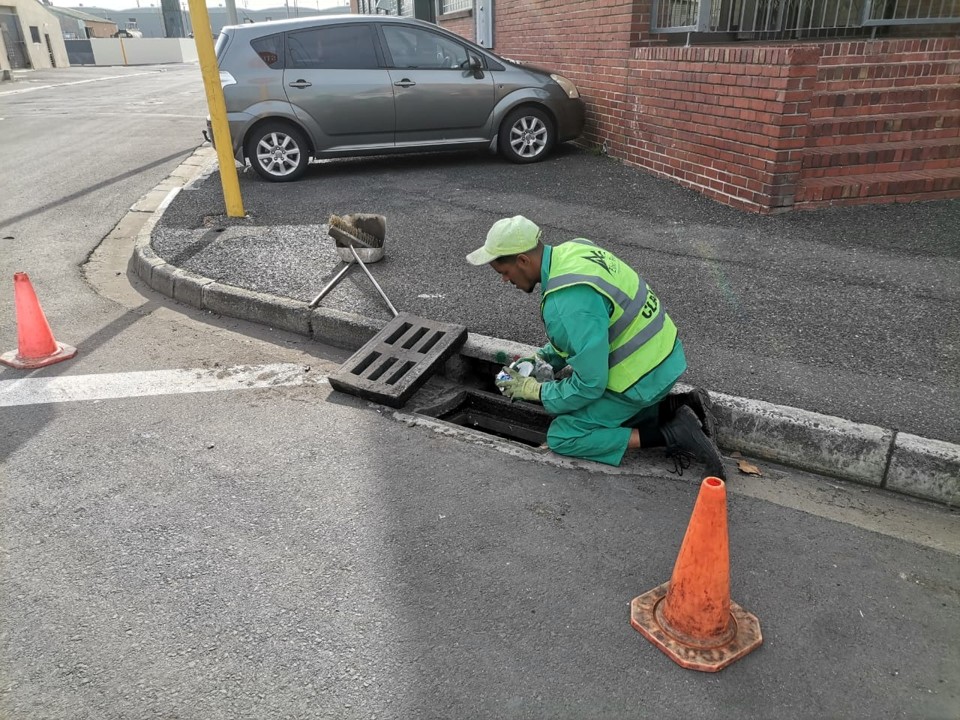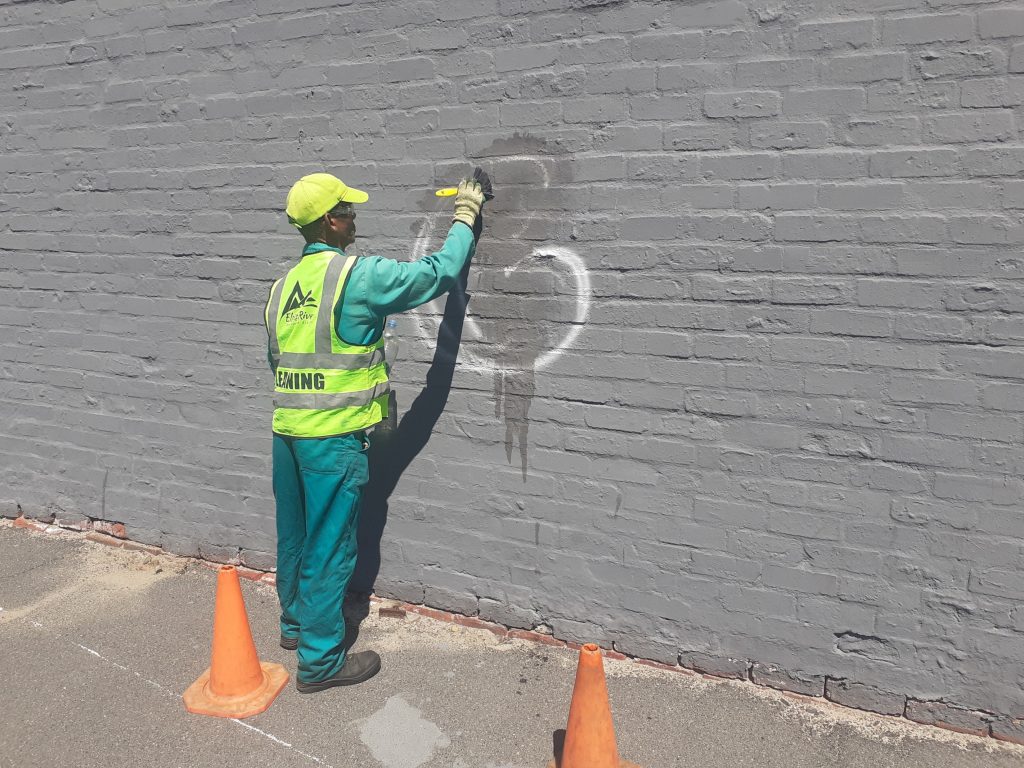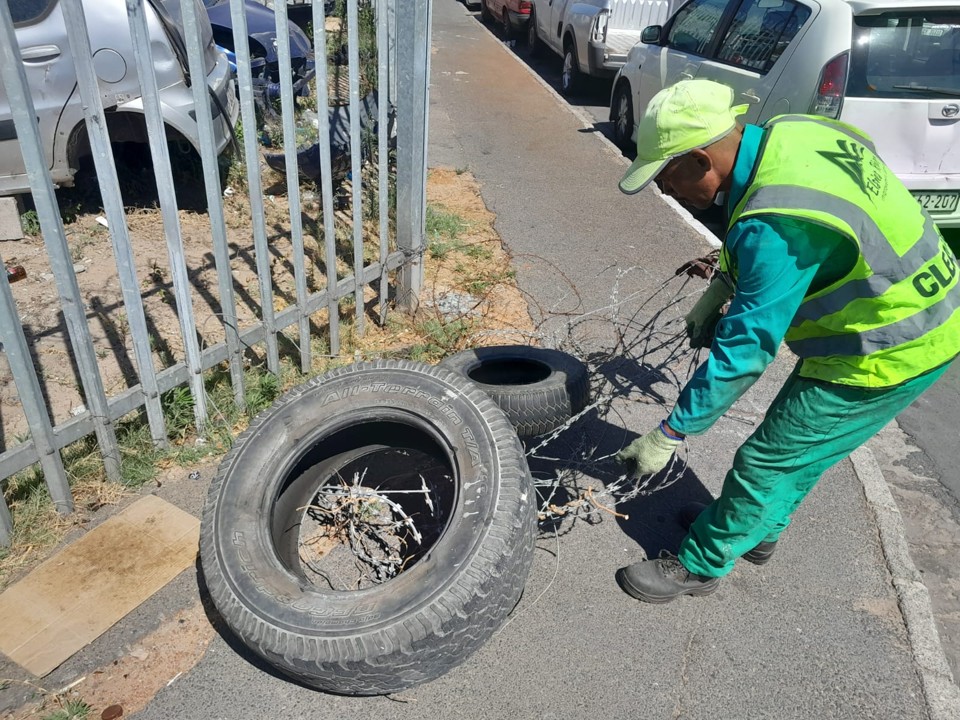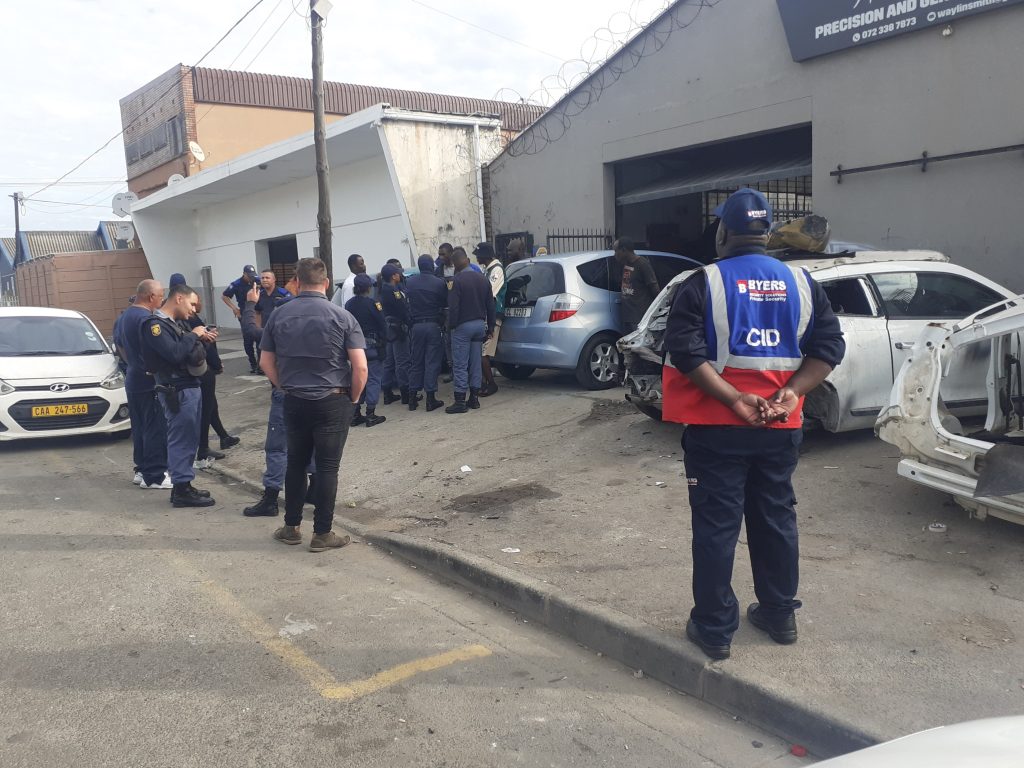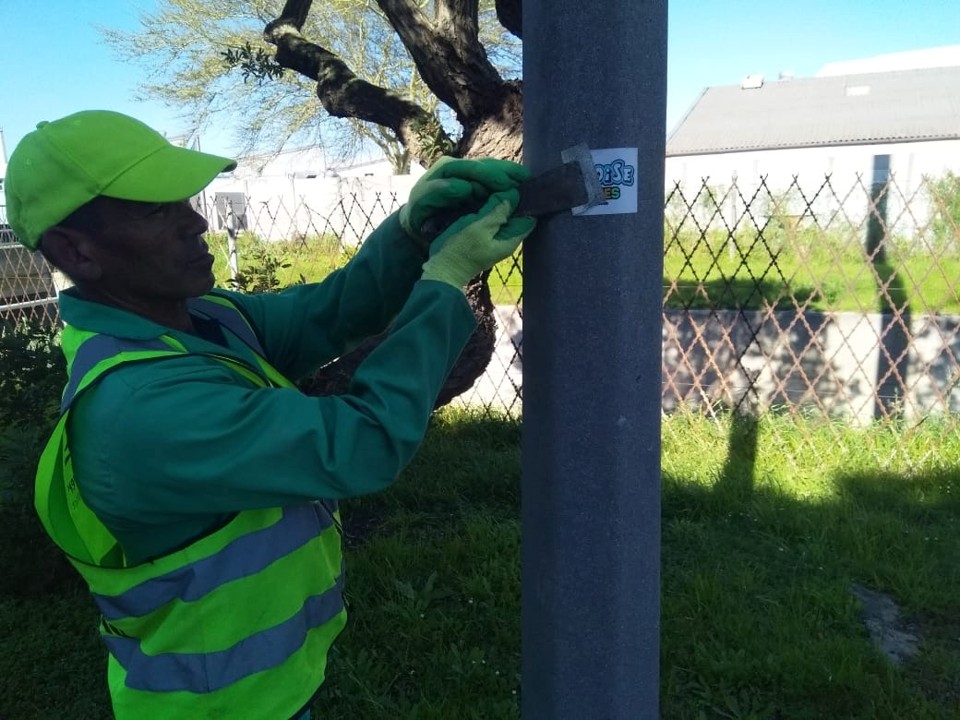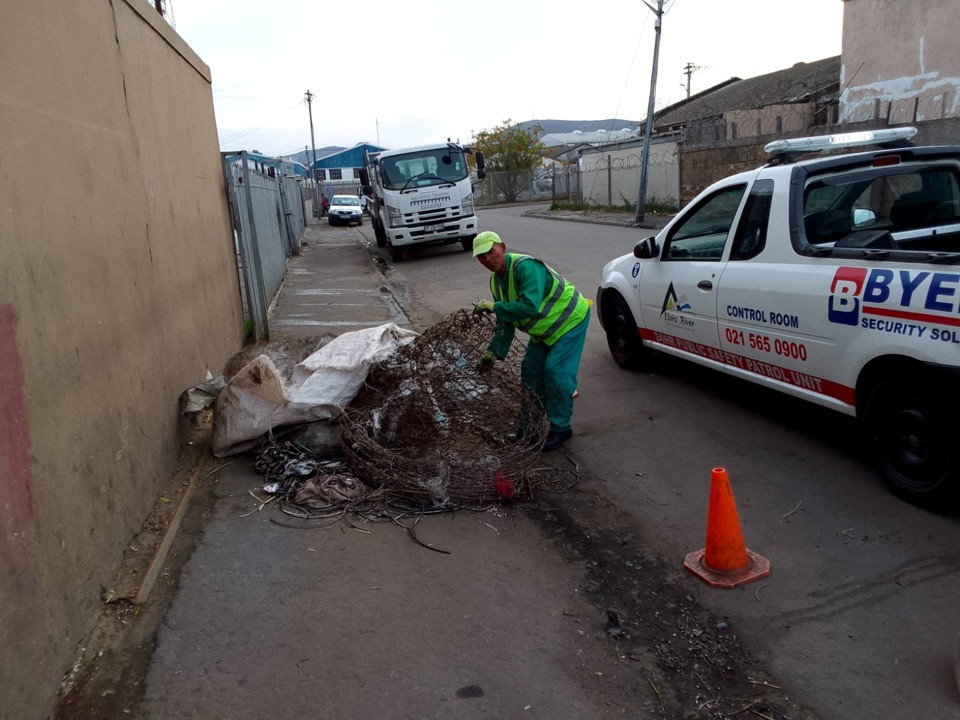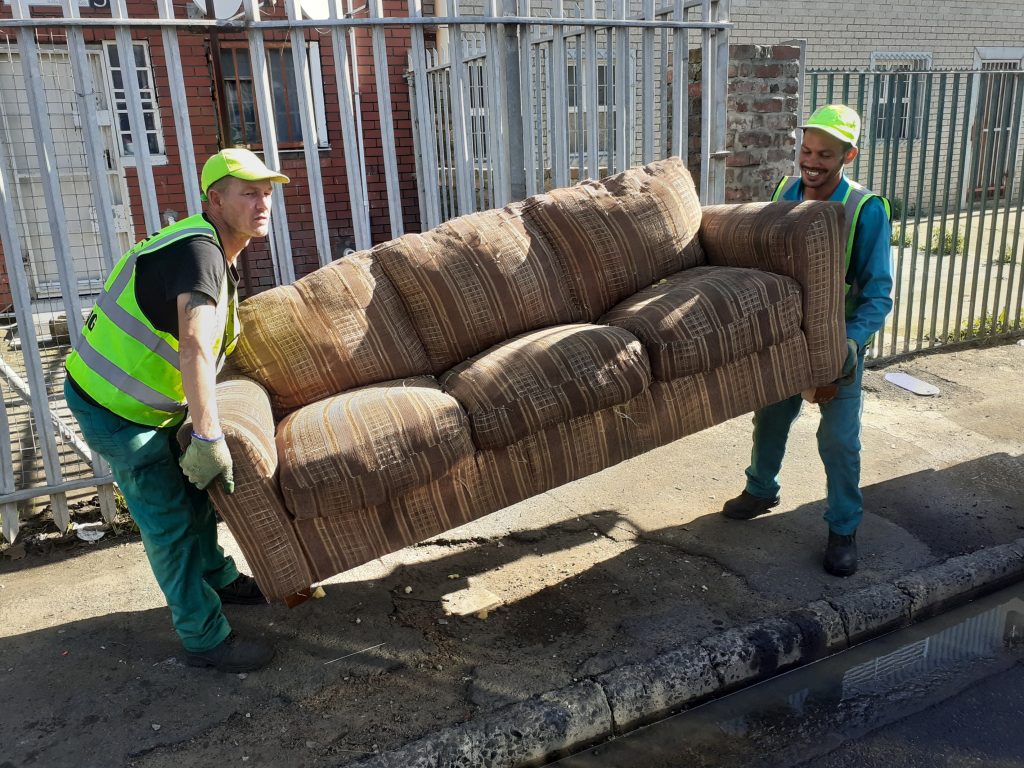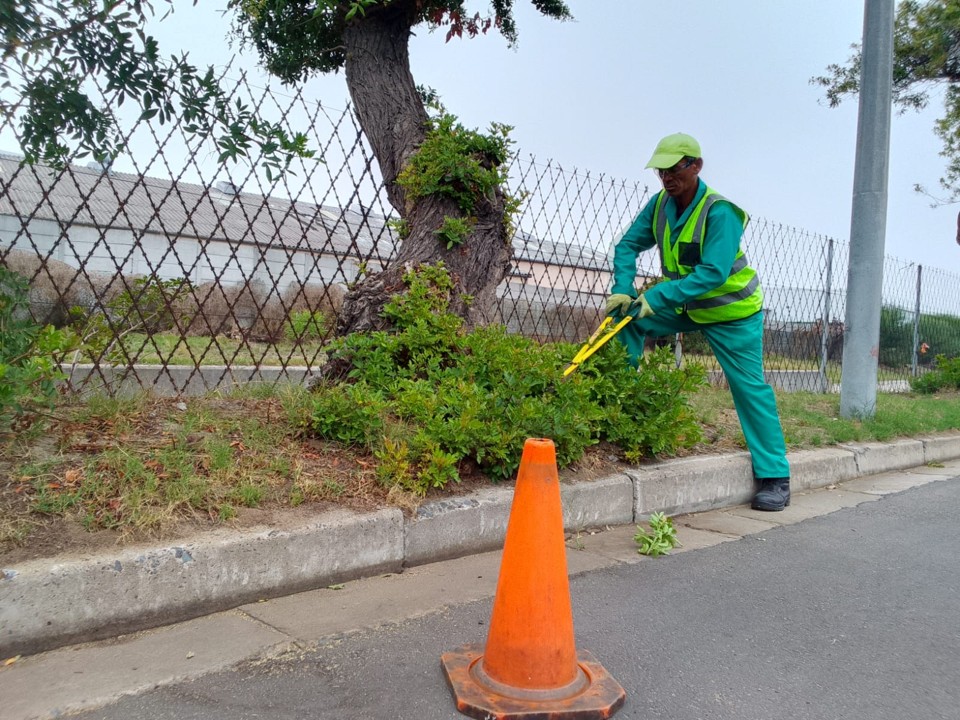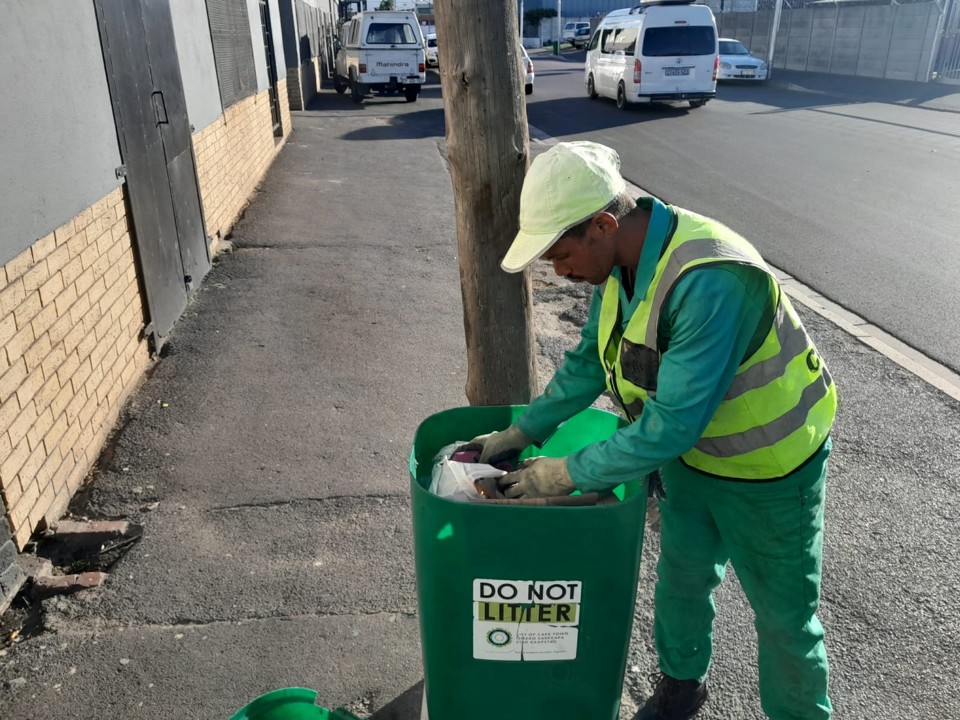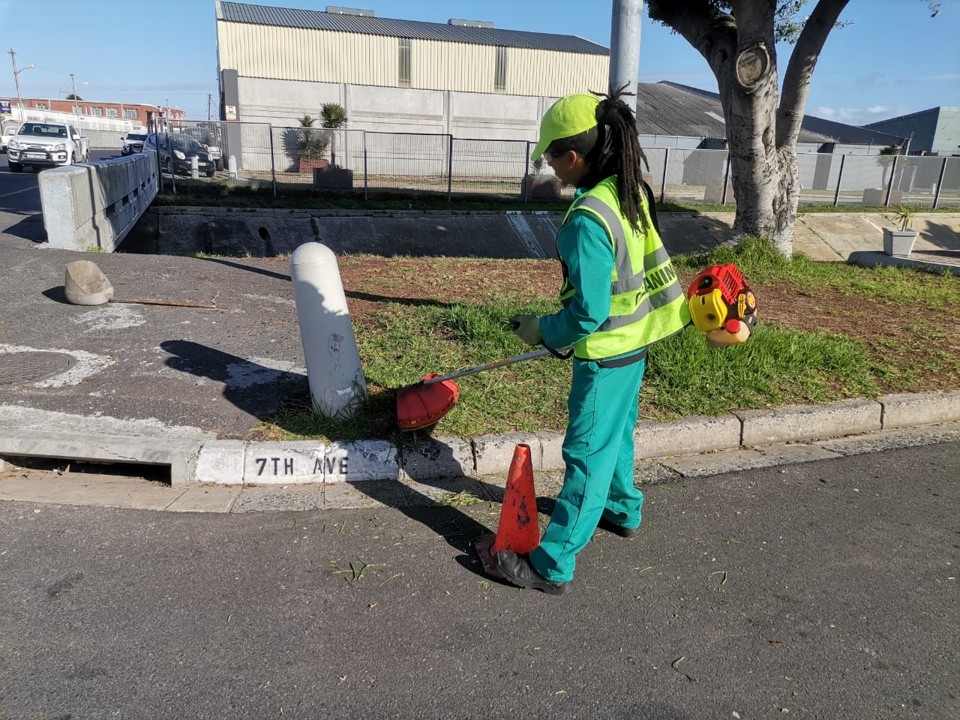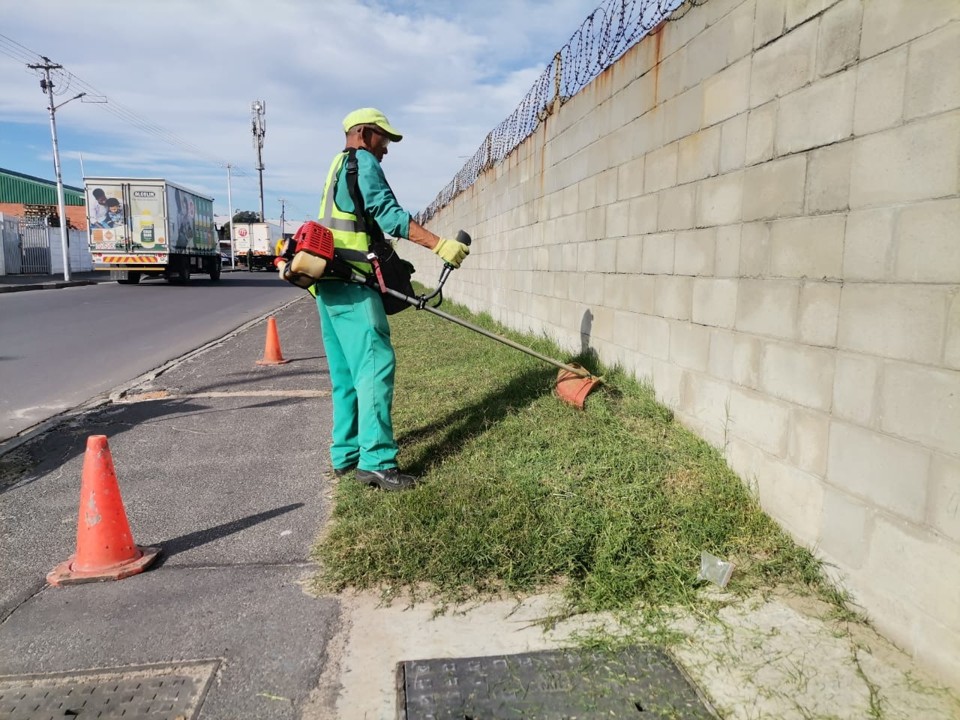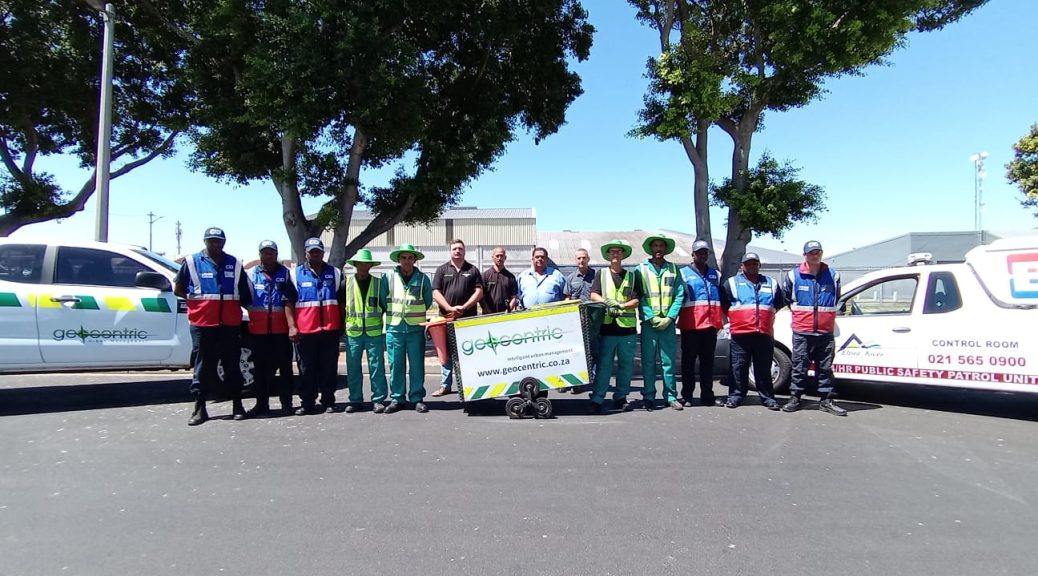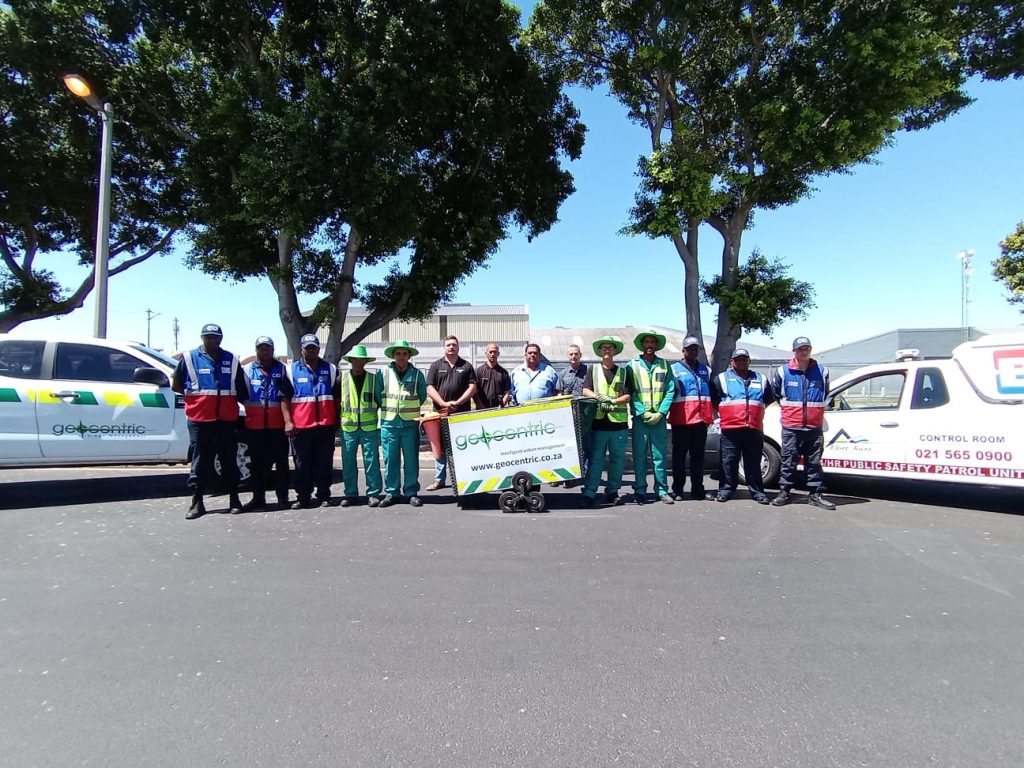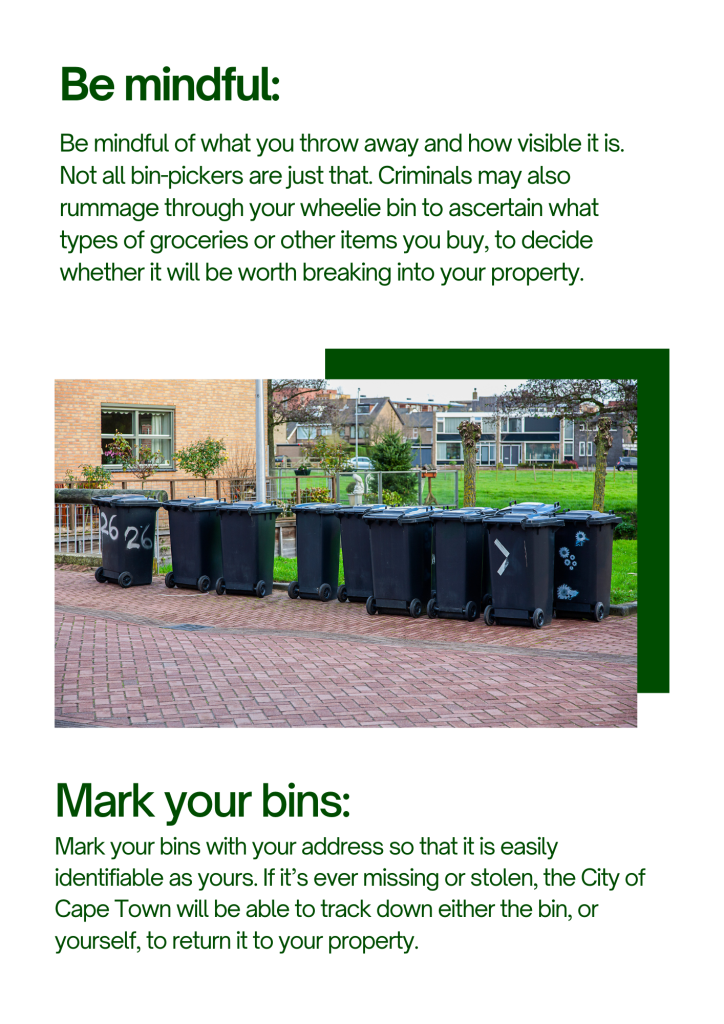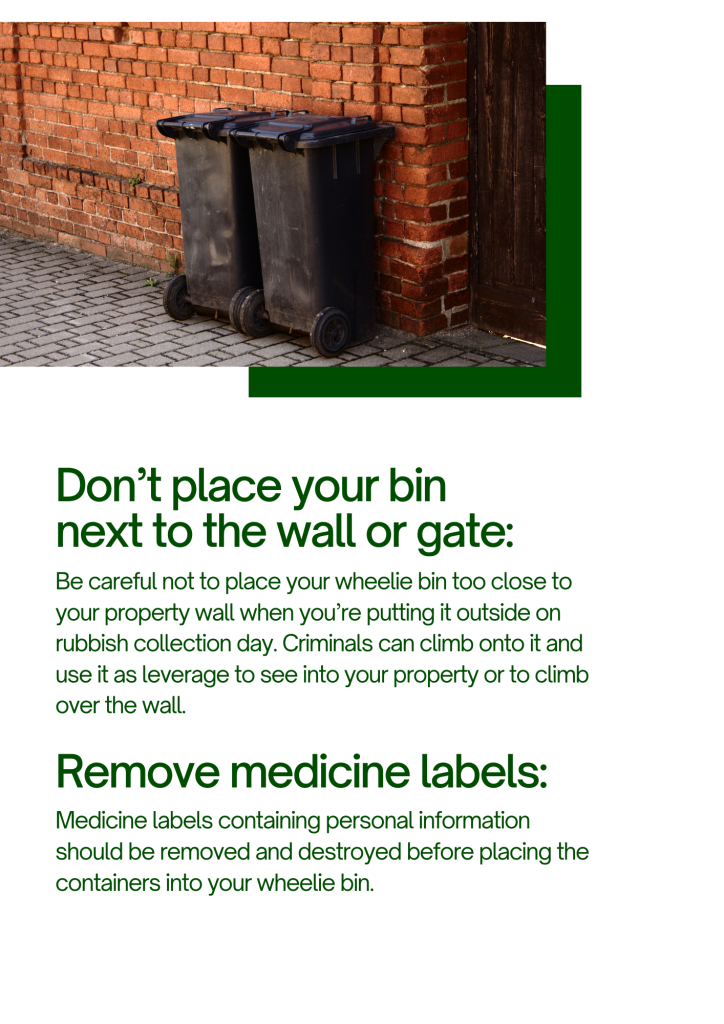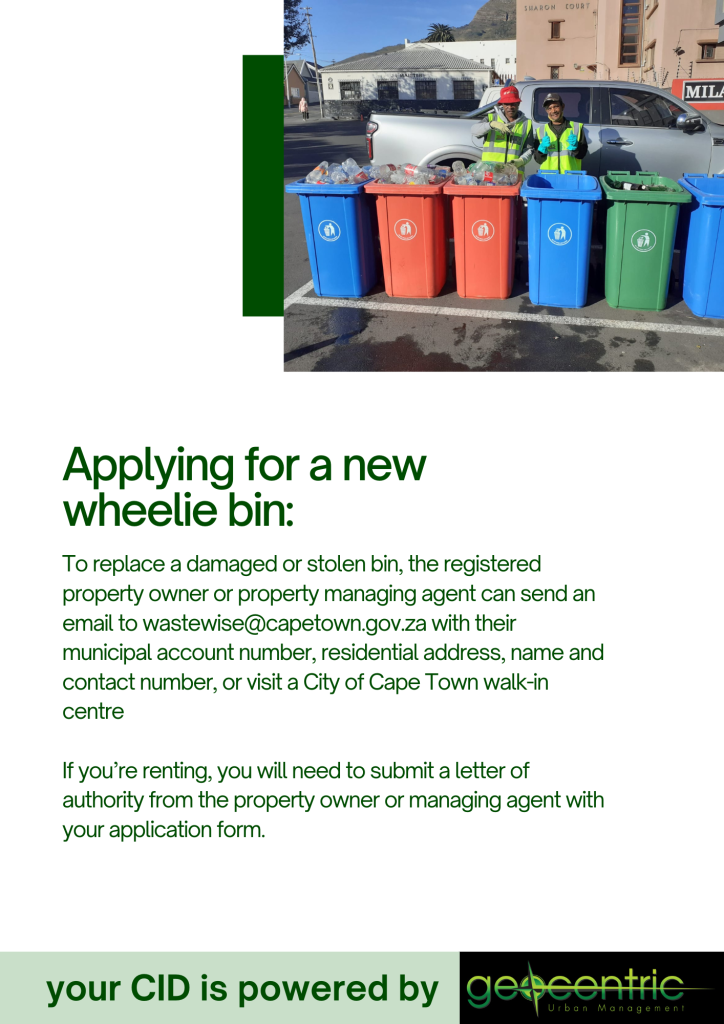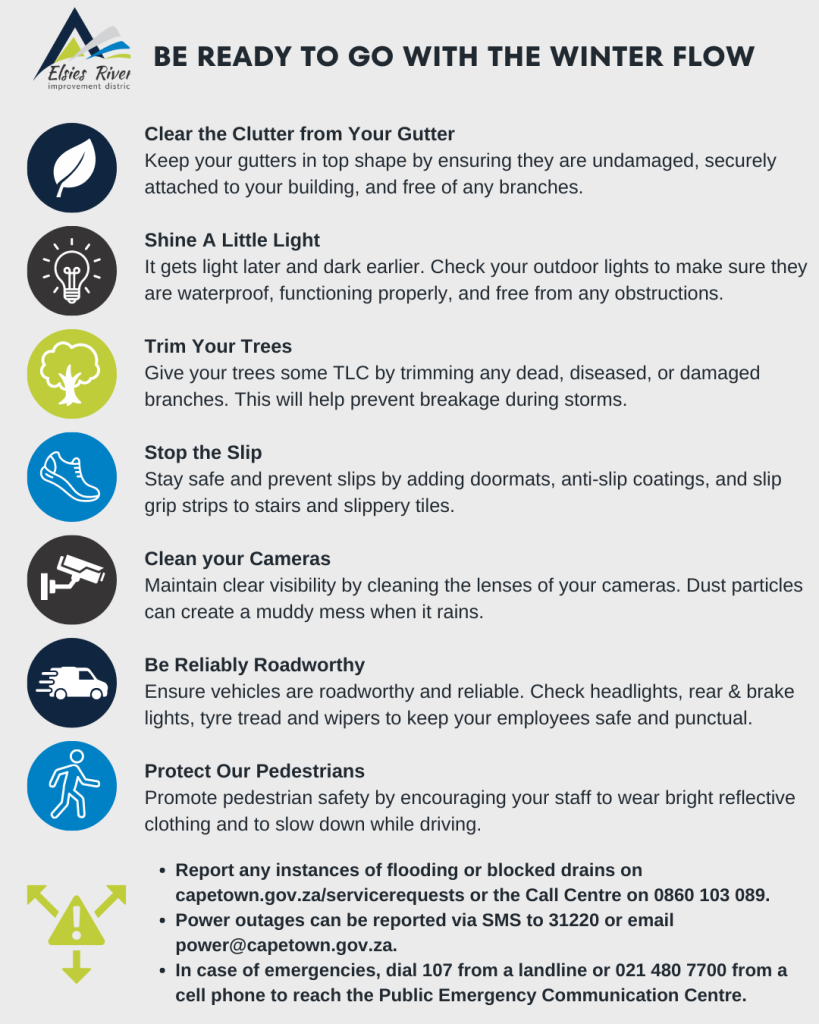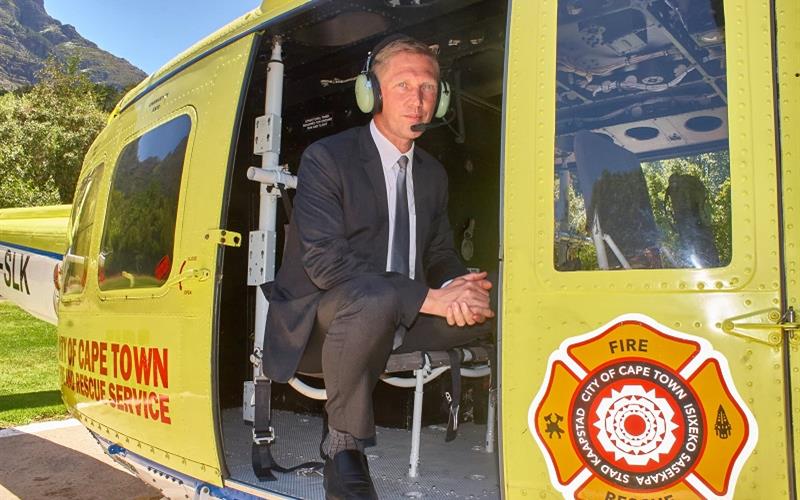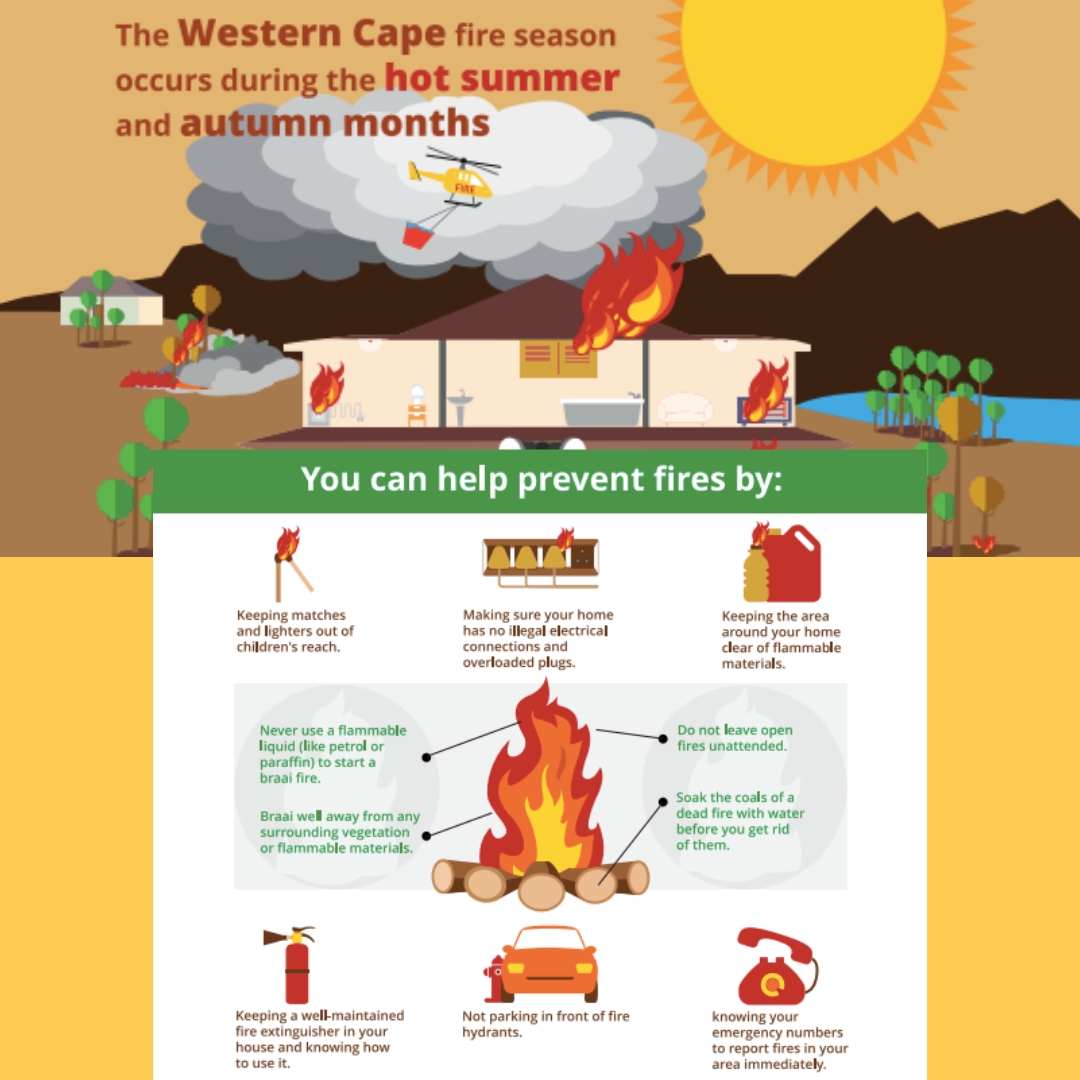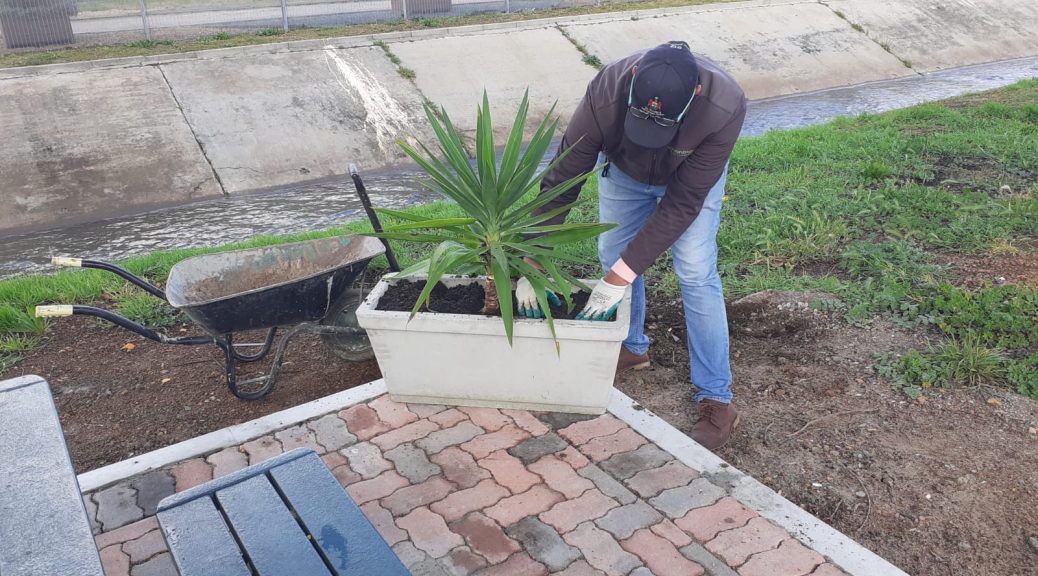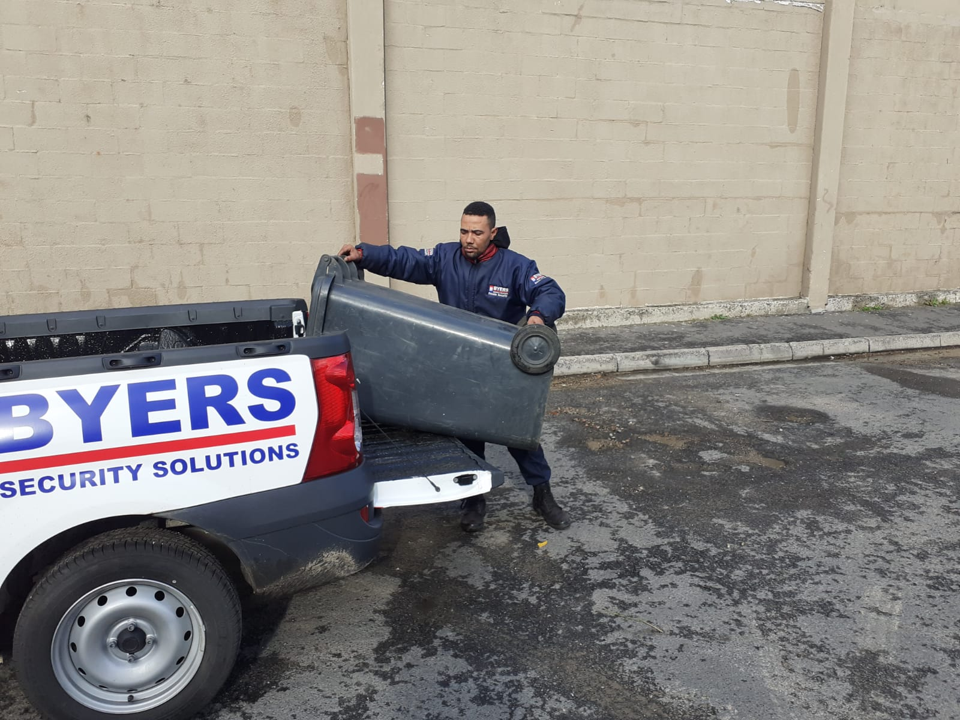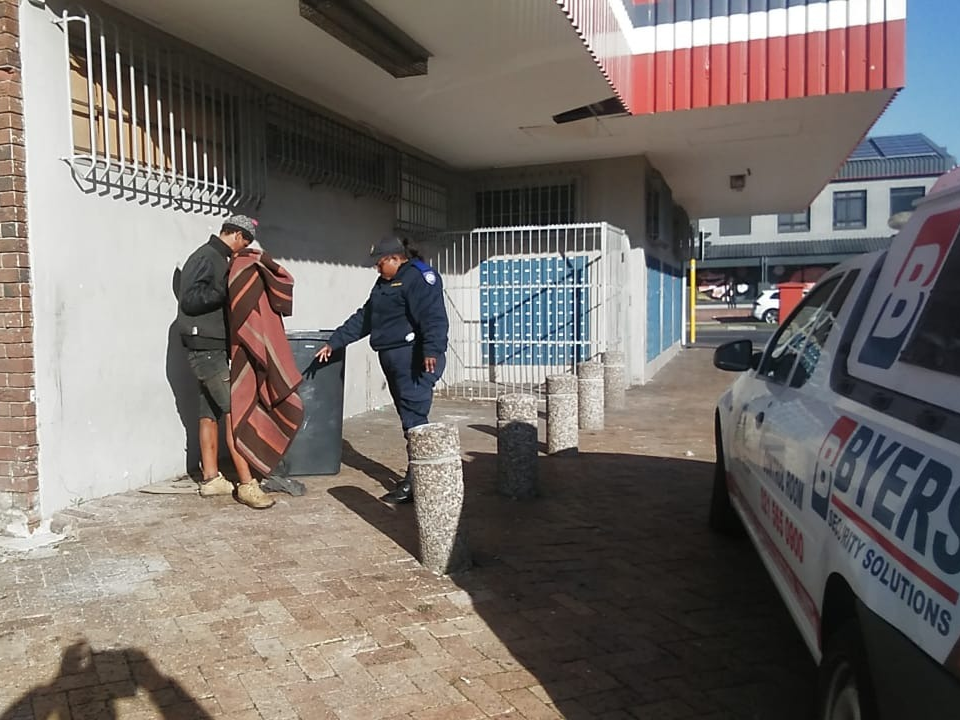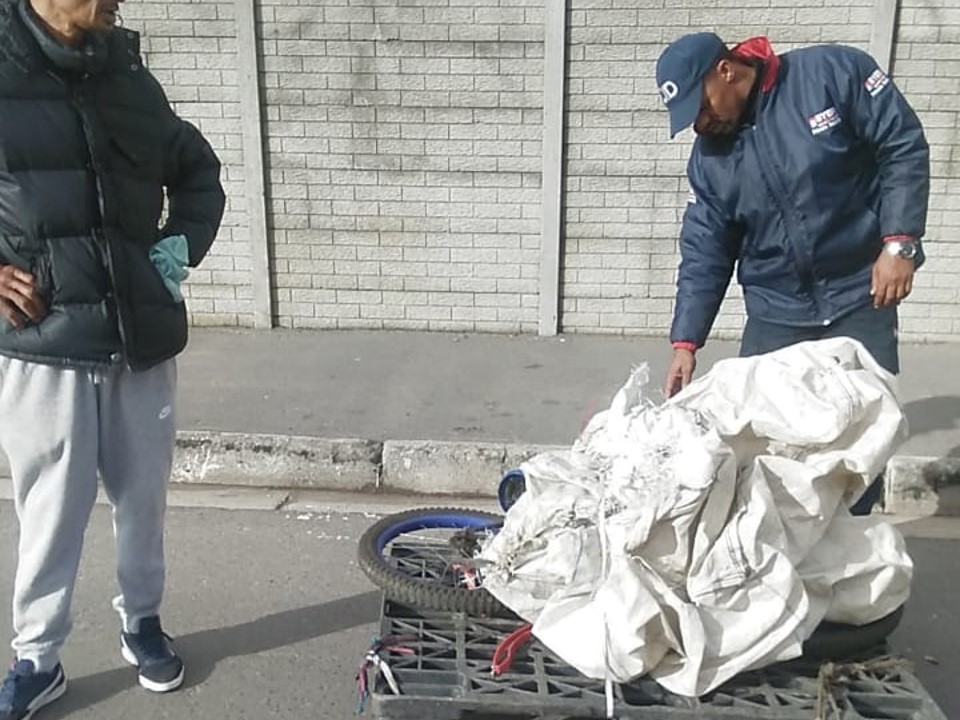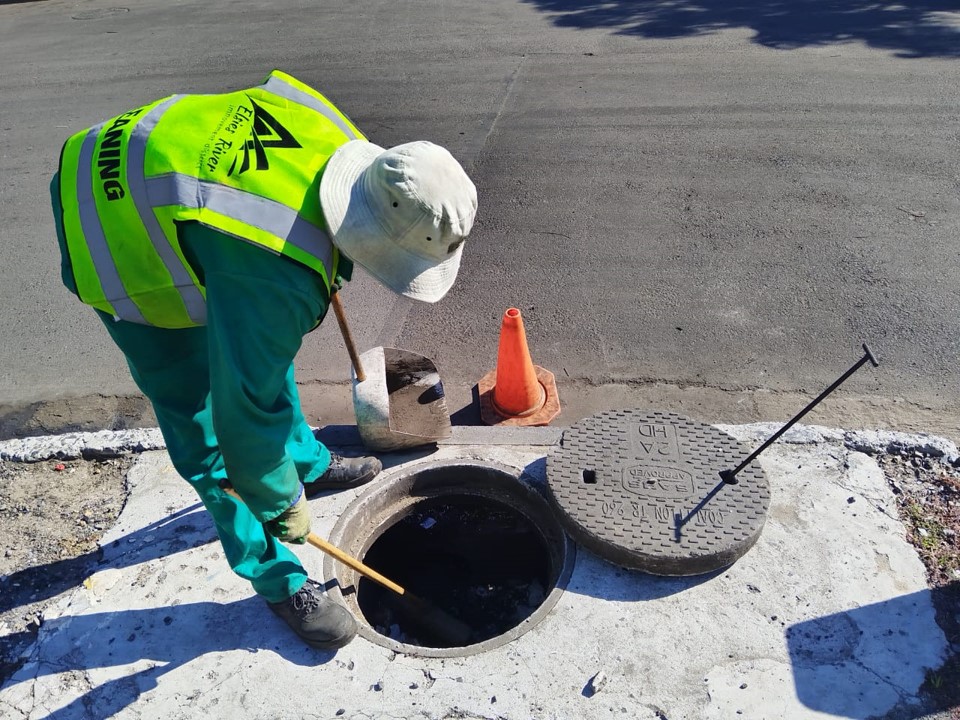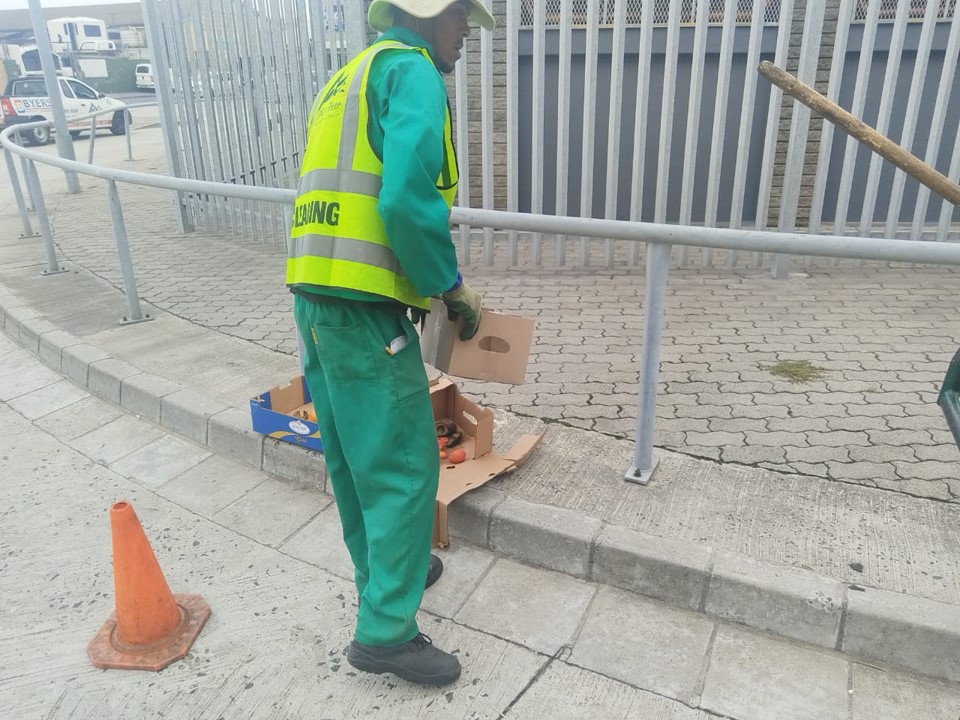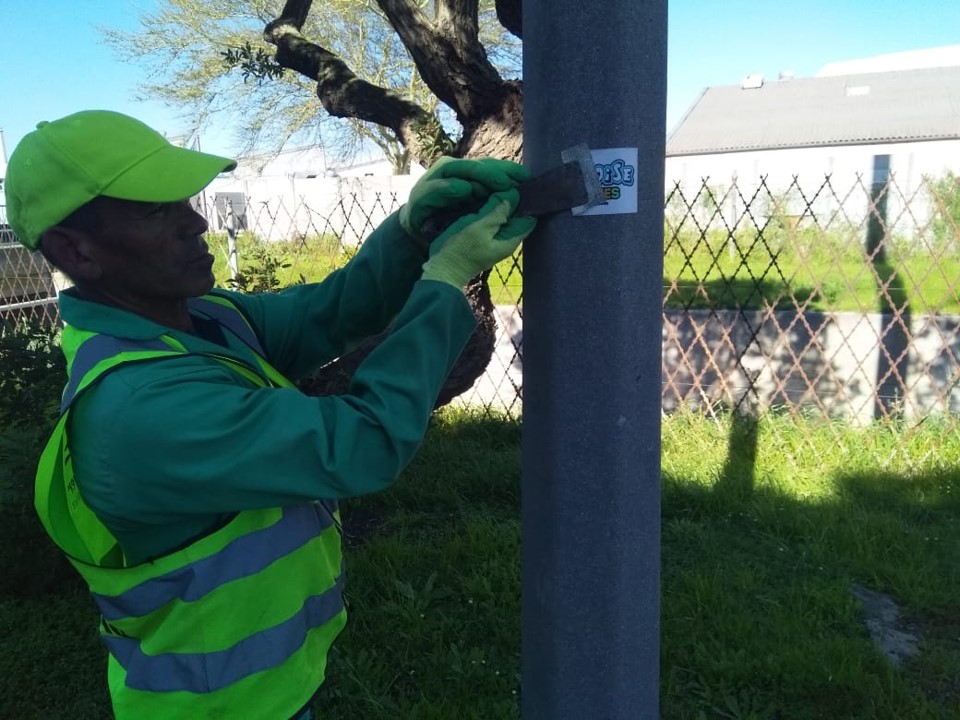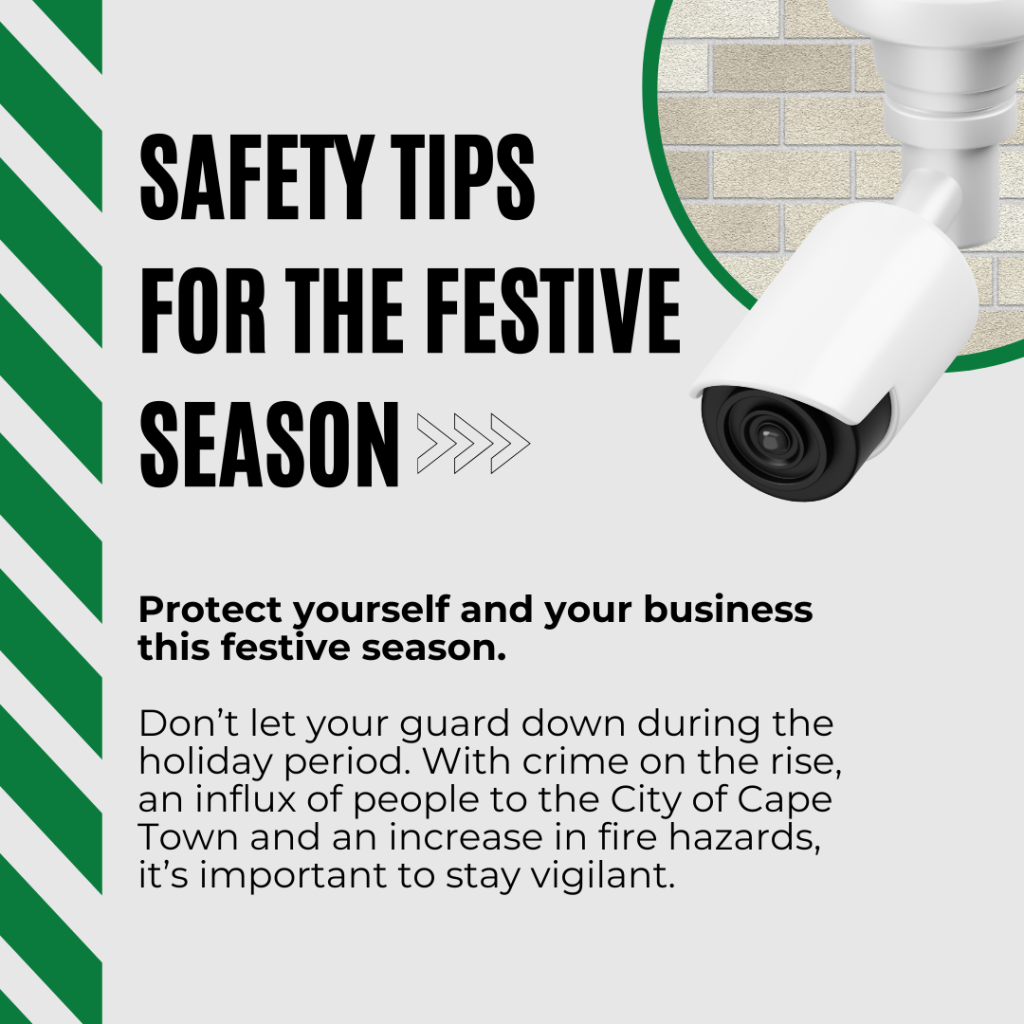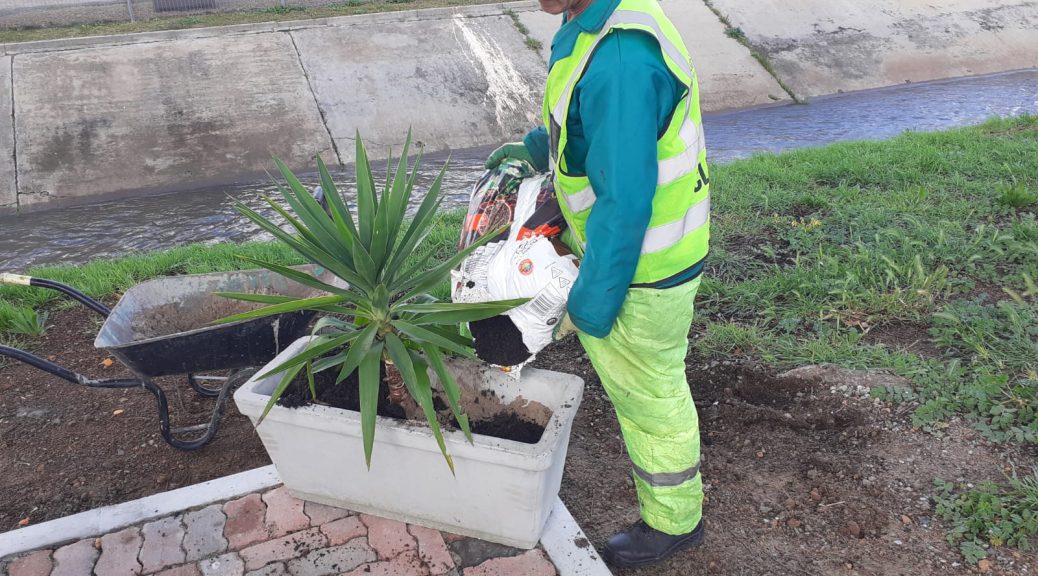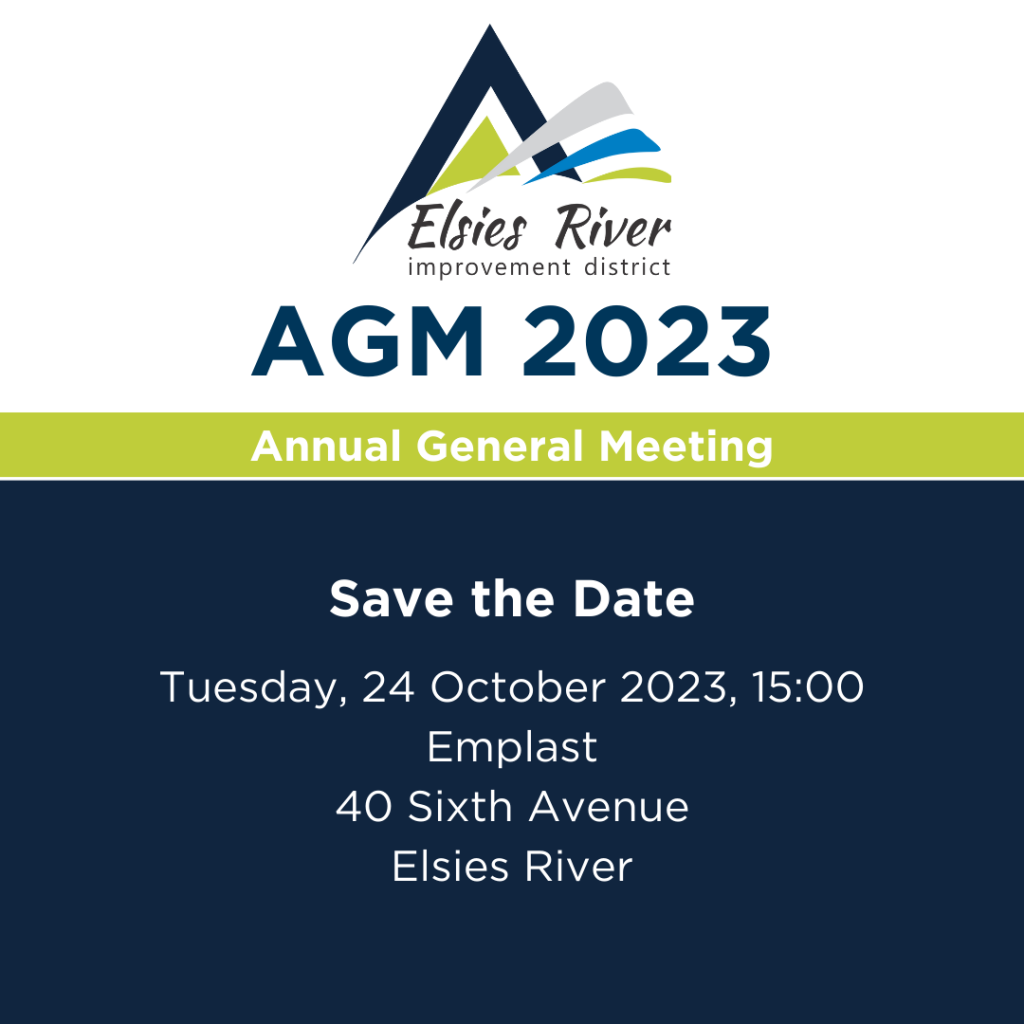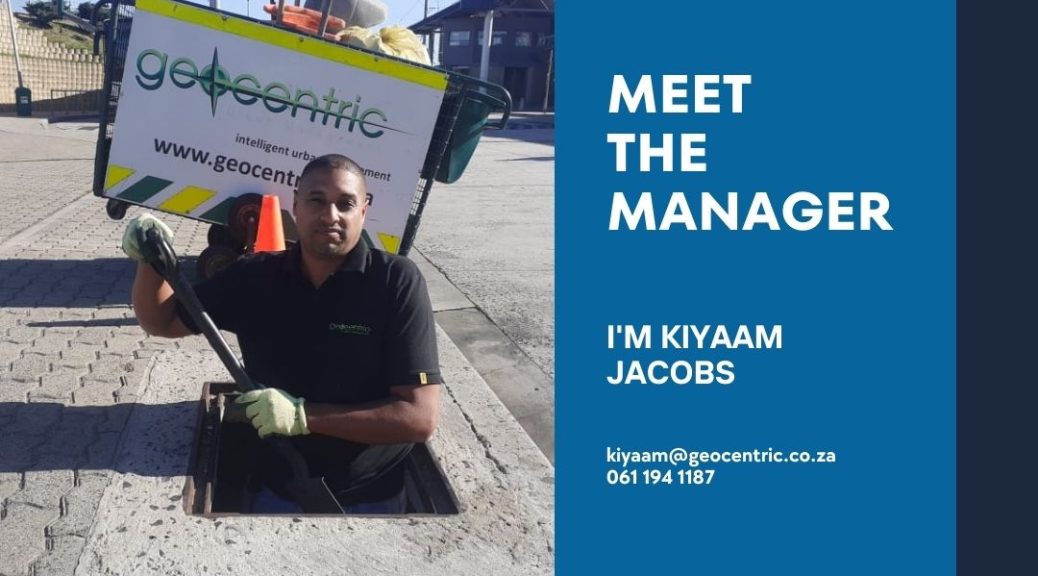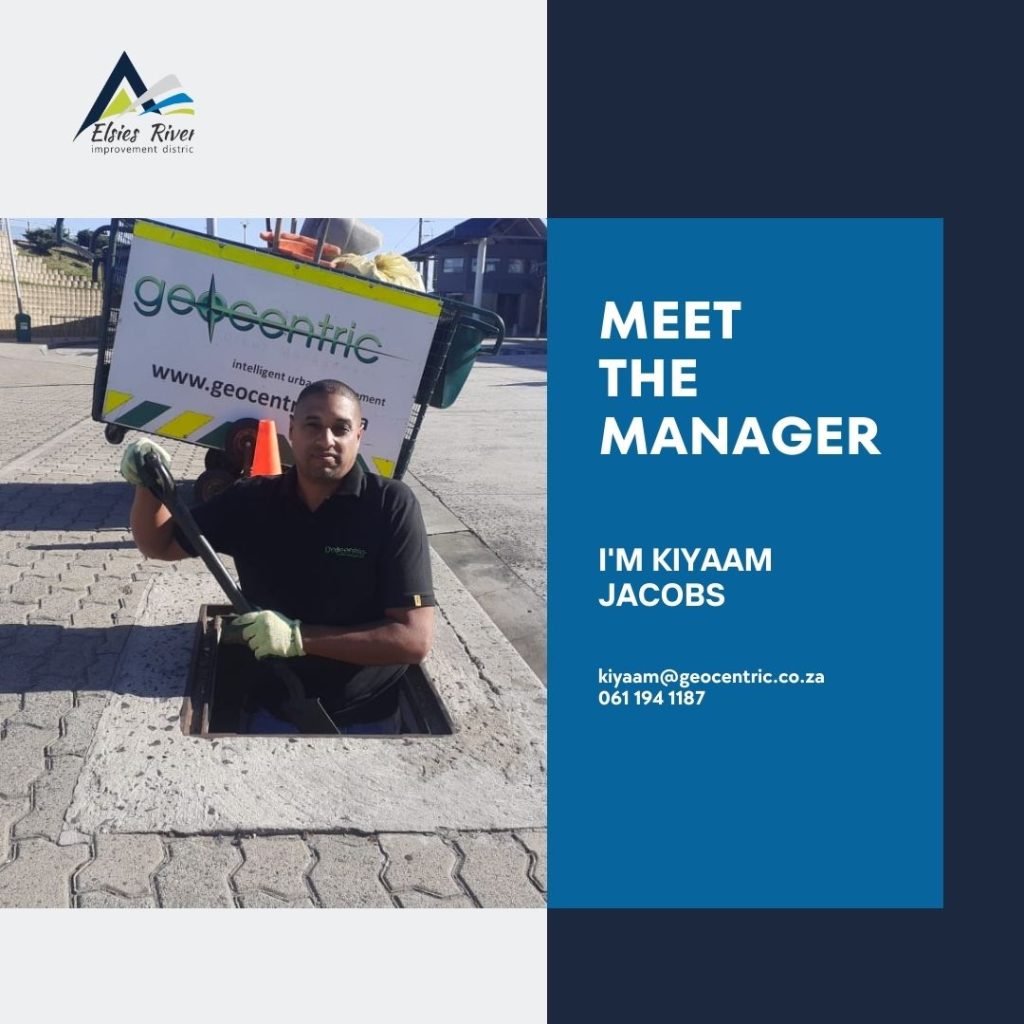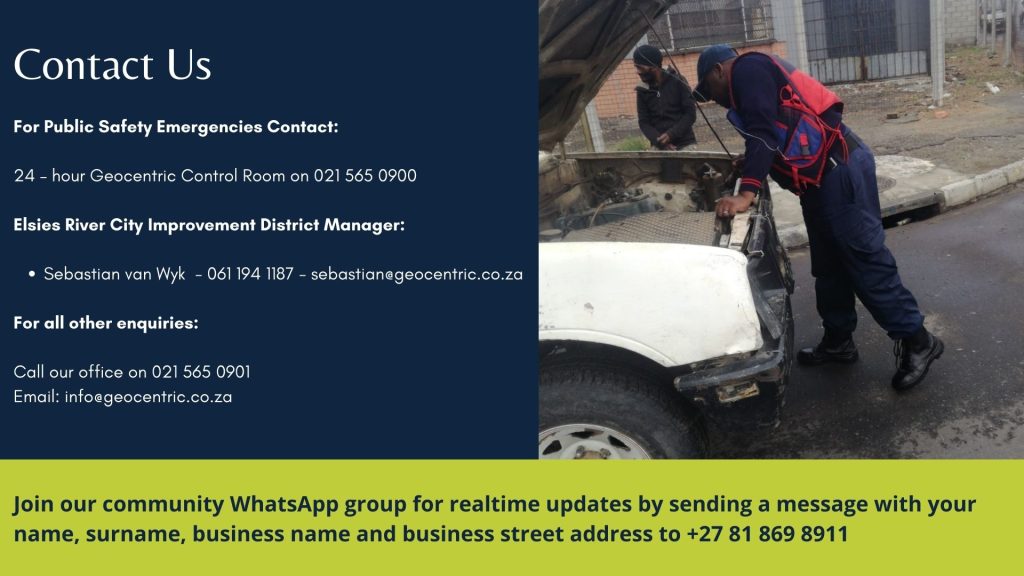As the year draws to a close, the ERCID looks back on twelve months of sustained progress in keeping Elsie’s River cleaner, safer and more resilient. From public safety patrols to urban cleaning and rapid response to service requests, our team has remained focused on delivering the services that help businesses operate with confidence.
This year’s statistics, illustrated in the infographics below, highlight the day-to-day work that keeps our district running smoothly. Whether attending to service requests, responding to public safety incidents, clearing illegal dumping or maintaining public spaces, the CID continues to provide consistent, on-the-ground support for the precinct.
Public Safety & Security
Our public safety team continues to play a vital role in maintaining a safe and responsive environment. Regular vehicle and foot patrols, proactive engagement with the public, the recovery of stolen goods, and coordinated responses to incidents are all part of our commitment to crime prevention.
The festive season often brings increased movement, higher visitor numbers and a rise in opportunistic crime, making the presence of the CID’s public safety officers even more essential at this time of year.
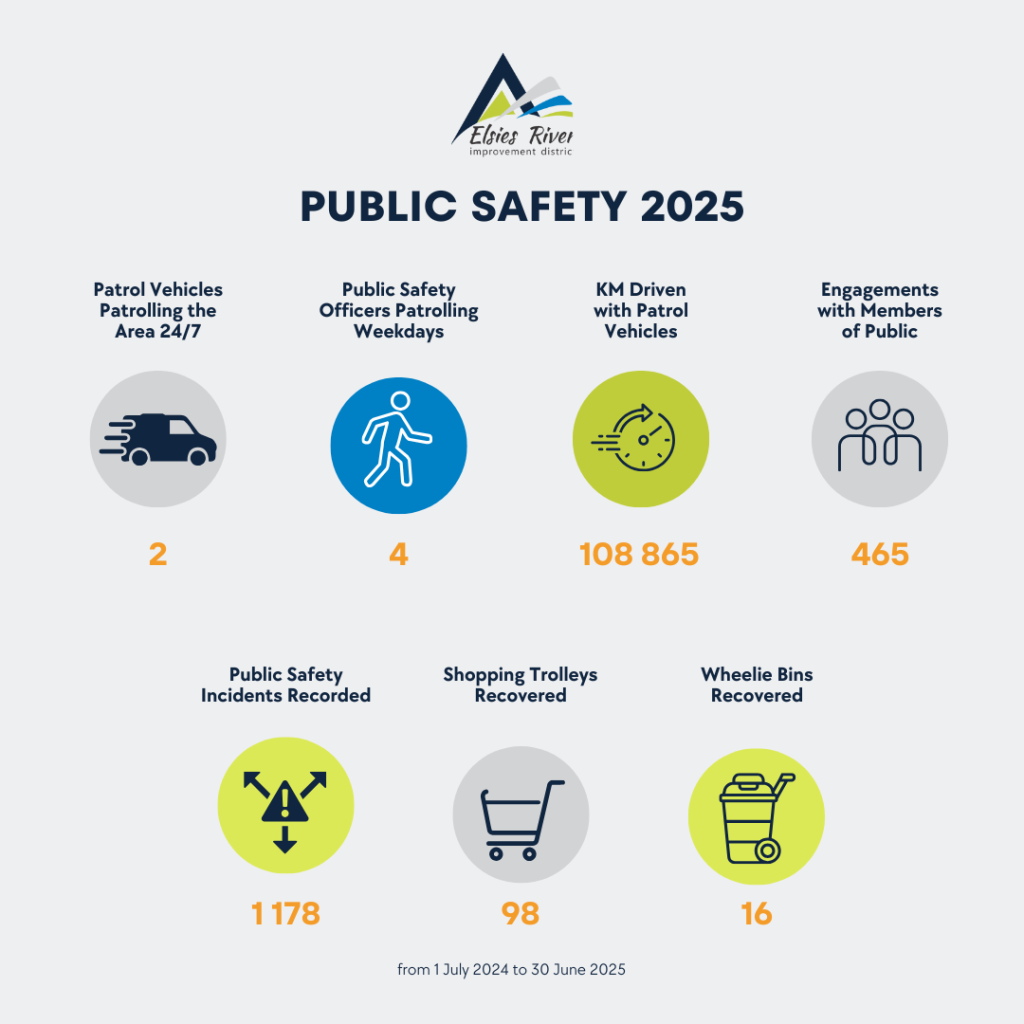
Urban Cleaning & Management
Across Elsie’s River, our cleaning and maintenance teams have worked throughout the year to keep streets, verges and public spaces clean and well managed. Activities such as removing litter, clearing illegal dumping, attending to urban defects, servicing public bins and keeping stormwater infrastructure clear have all contributed to creating a more inviting environment for workers, visitors and businesses.
These ongoing operations ensure that the district remains functional and well maintained despite seasonal changes, heavy usage and broader service delivery pressures.
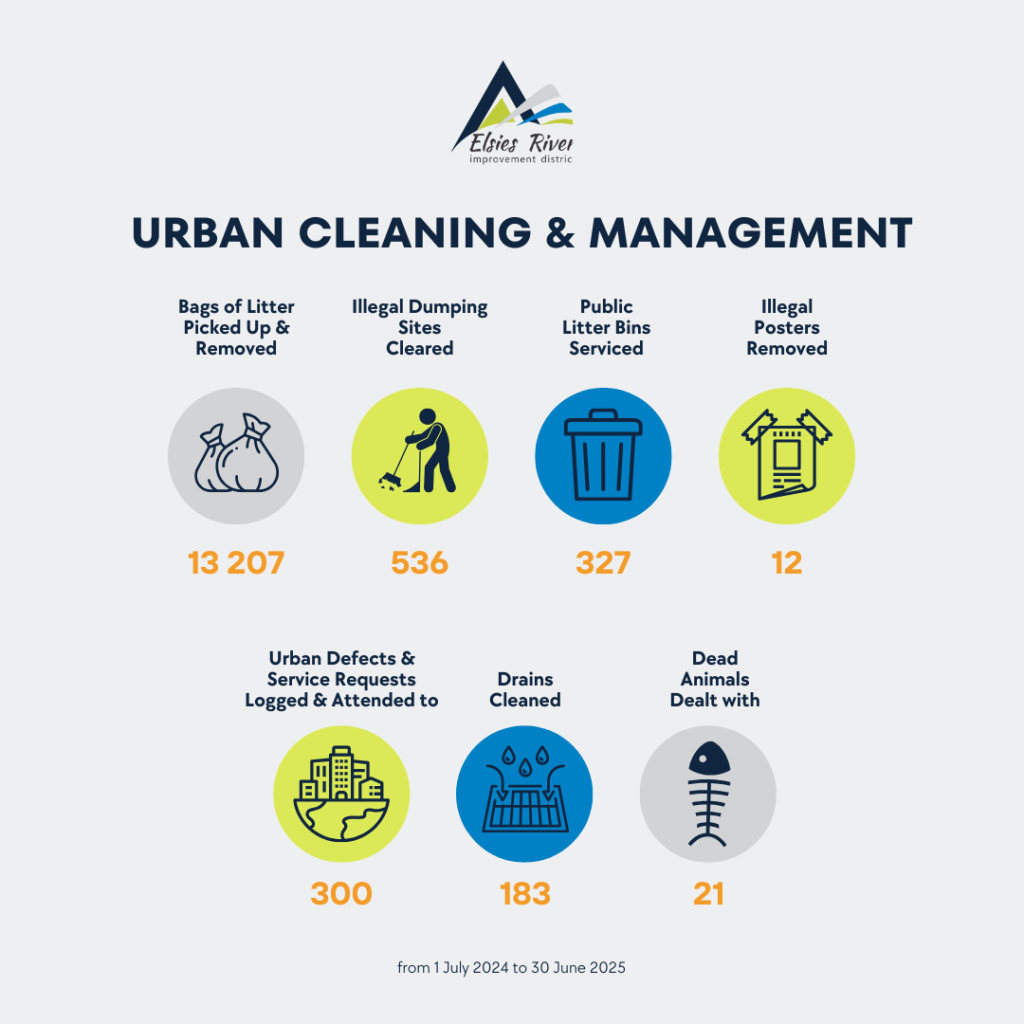
Looking Ahead to 2026
Cape Town continues to experience strong growth, driven in part by ongoing semigration as more people and businesses relocate to the city. This shift brings both opportunity and increased pressure on urban environments, making the role of CIDs more important than ever. Against this backdrop, our focus remains on delivering reliable, high-quality public safety and urban cleaning services that support a well-managed and resilient district.
As Gene Lohrentz, Managing Director of Geocentric Urban Management, notes:
“Throughout the year, we have kept our focus on delivering consistent and effective public safety and urban cleaning services. The continued progress in these areas reflects the dedication of our teams. We look forward to building on this momentum as we move into 2026.”
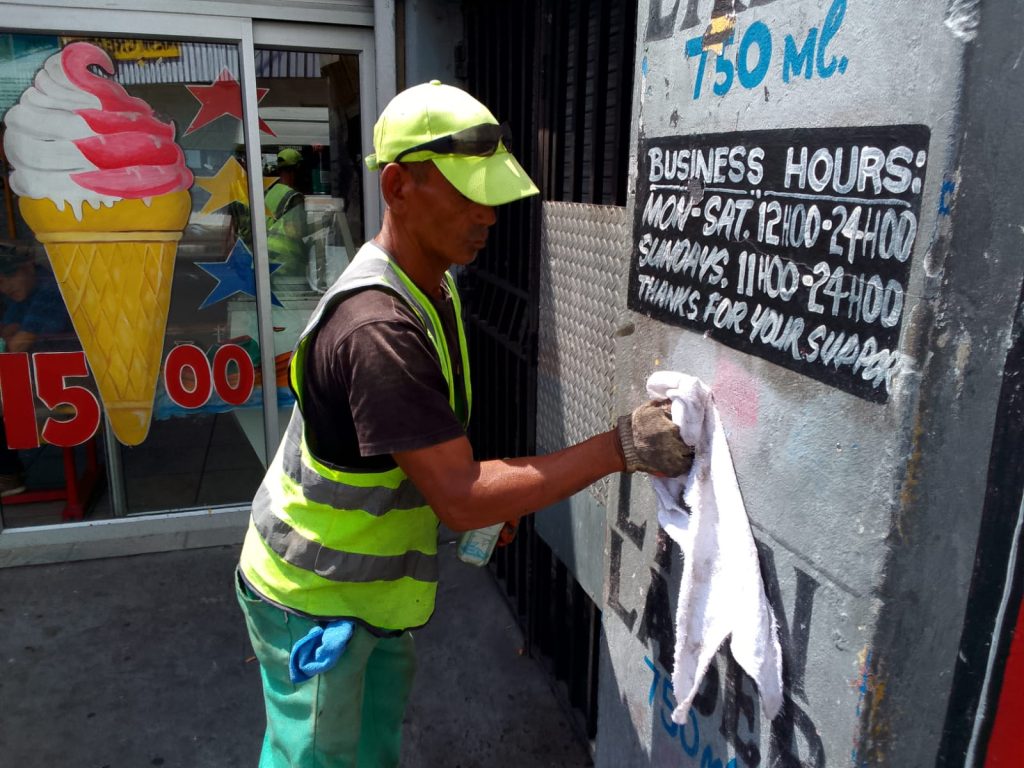
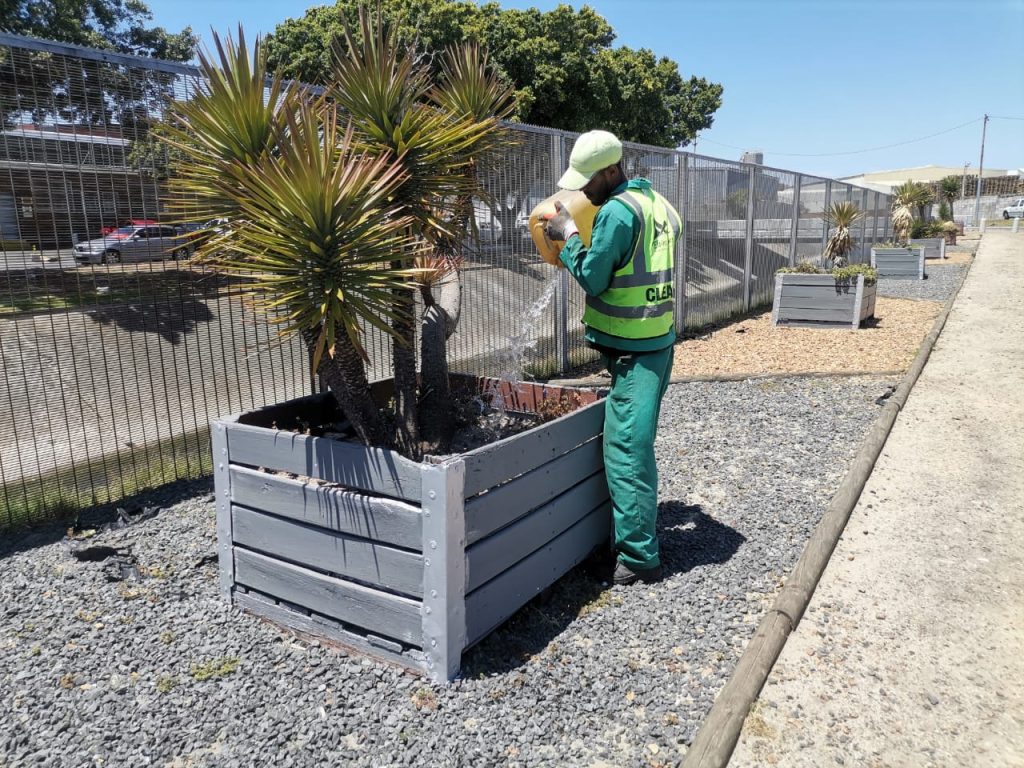
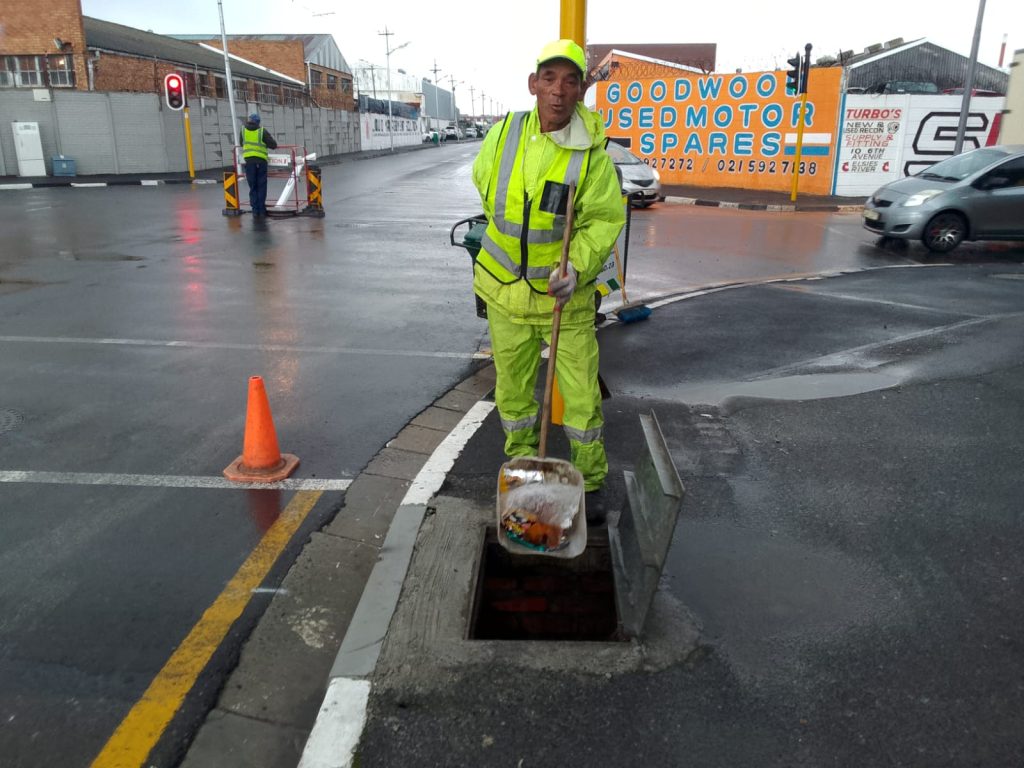
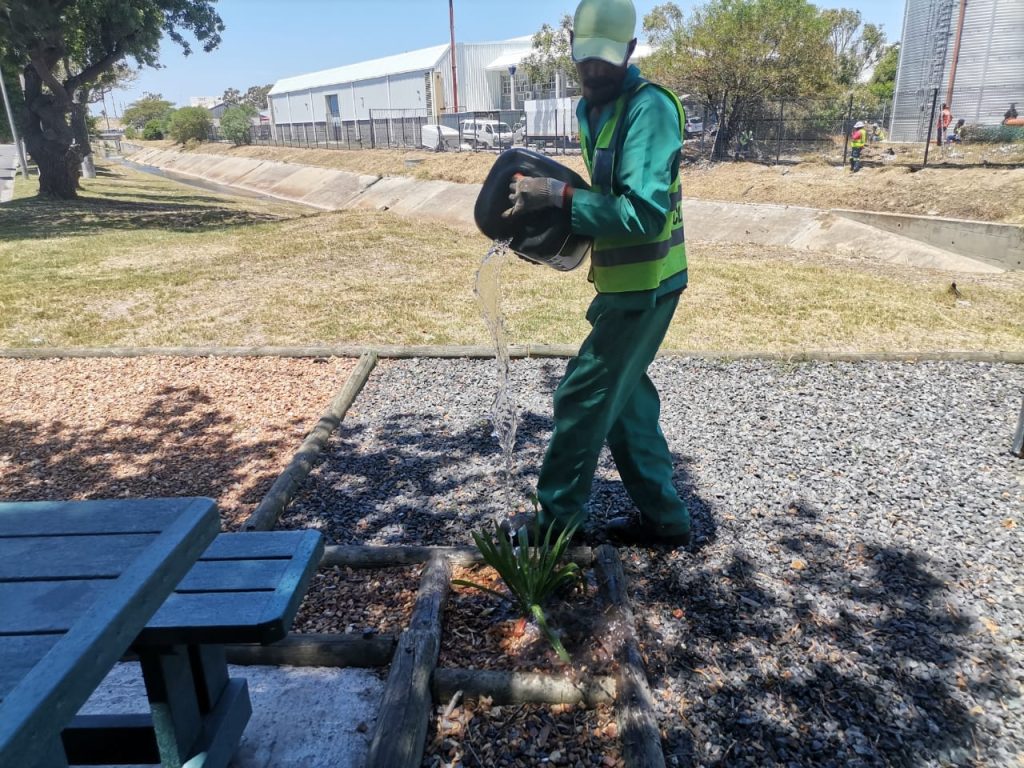
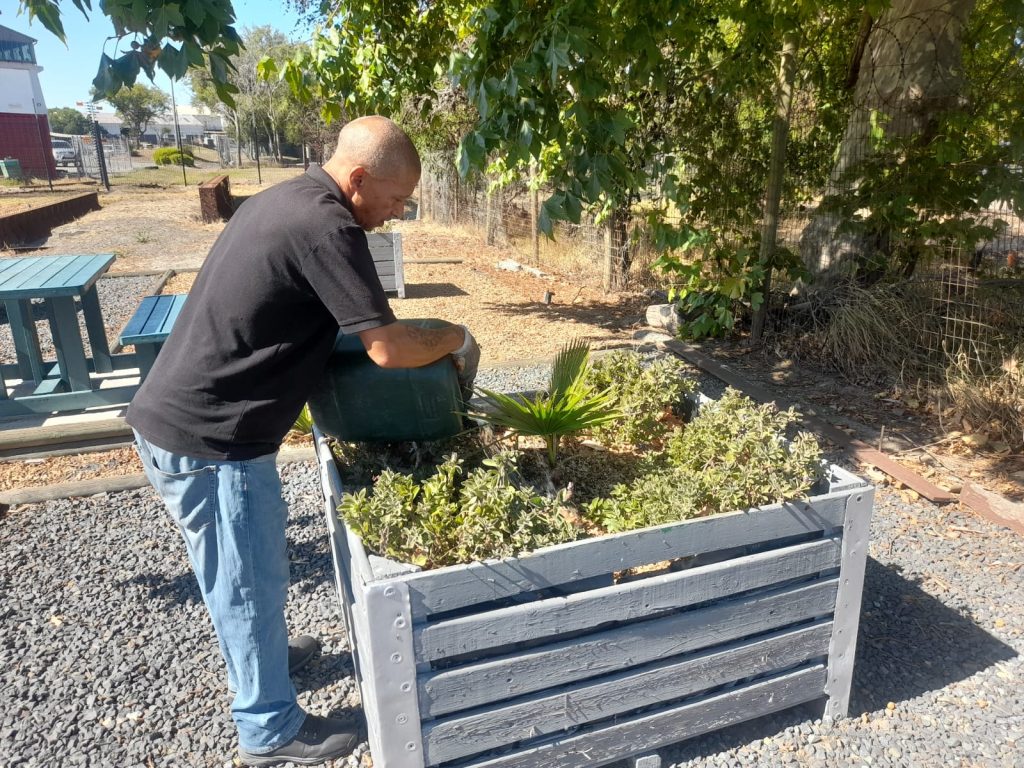
Geocentric, now in its sixteenth year of partnership with City Improvement Districts, proudly oversees 14 of Cape Town’s 54 CIDs. Our commitment remains centred on strengthening service delivery, supporting business growth and ensuring that each district remains a thriving, welcoming space.

Festive Season Safety Tips
As the holidays approach, it is important for businesses to remain vigilant. The festive season typically brings increased foot traffic, higher crime risks and a heightened chance of fire incidents. The following tips can help safeguard your property, staff and operations.
Protect Your Business & Property
- Keep your security systems in good working order:
Test alarms, CCTV cameras, access control systems, security lighting and gate mechanisms to ensure they are fully functional. - Improve exterior lighting:
Well-lit areas act as a deterrent and support visibility for security personnel. Consider using timers and motion sensors to improve efficiency. - Make use of professional security services:
Invest in reputable security or armed response services, and stay connected to community information channels such as WhatsApp groups or neighbourhood watch networks. - Fire safety matters:
Check fire extinguishers, ensure flammable materials are stored safely, train staff in fire procedures and confirm that your fire detection systems are operational.
Retail & Business Operations
- Install panic buttons and adequate surveillance:
Strategically place panic buttons and ensure that cameras are positioned to avoid blind spots. - Be alert during opening and closing times:
These periods are high-risk and require extra vigilance from staff. - Avoid predictable cash deposit patterns:
Vary the timing and route of deposits to reduce the likelihood of targeting. - Secure all access points:
Before leaving your premises, check all doors, windows, roller shutters and gates, ensuring they are properly locked and in good working order.
Staff & Customer Safety
- Verify all new employees:
Request identification, proof of residence and previous references before hiring. - Monitor stock and cash handling:
Regularly review inventory, equipment and cash procedures. - Train staff for emergencies:
Ensure all employees know what to do in the event of a fire, robbery or medical emergency.
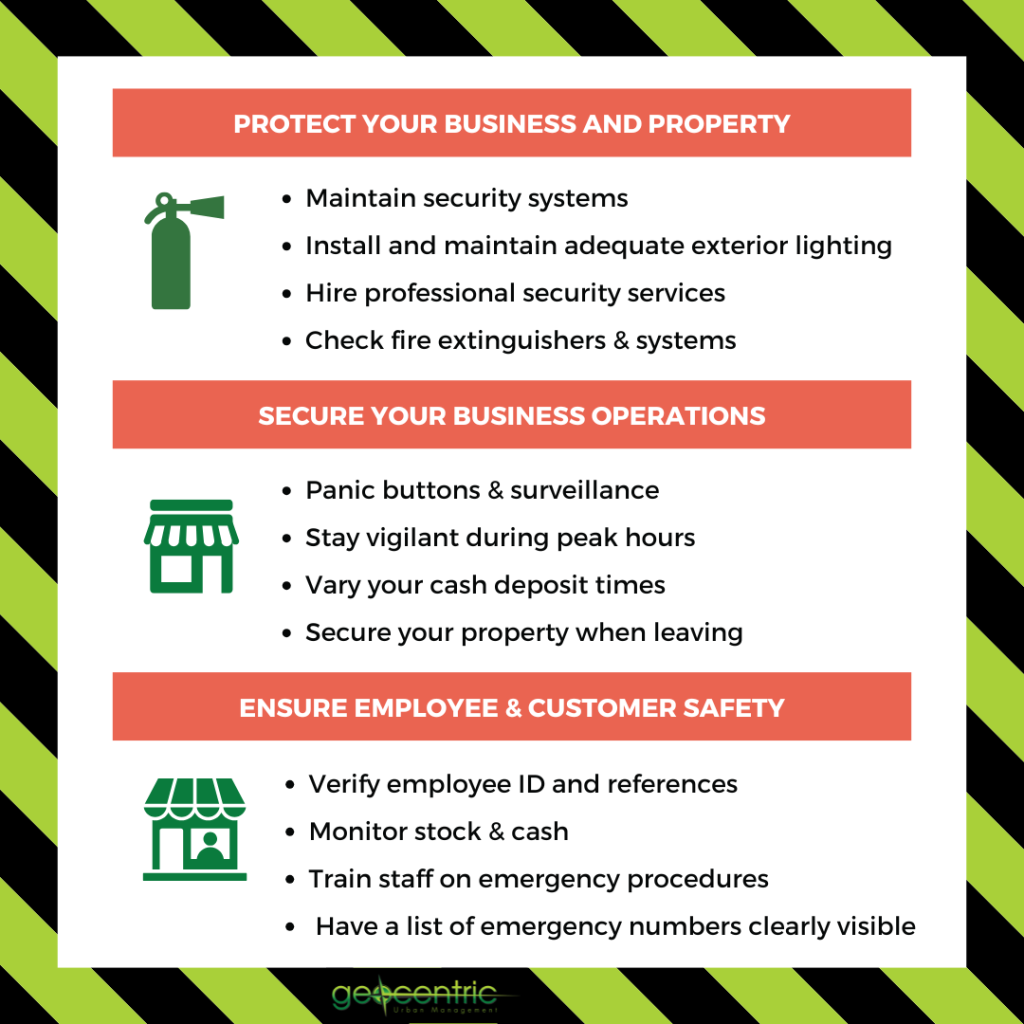
Road Safety
- Ensure vehicles are roadworthy:
Service vehicles regularly and check essentials such as spare tyres, jacks and warning triangles. - Stay alert on the roads:
The festive period sees increased traffic and higher numbers of intoxicated drivers. Take extra care and avoid driving when tired and when the roads are extremely busy over holidays.
Stay Vigilant: Road Crime & ATM Safety
- Prevent road crime:
Keep valuables out of sight, remain aware of your surroundings and ensure doors are locked when stationary or driving. - Stay safe at ATMs:
Use well-lit machines, avoid distractions and never share your PIN with anyone.
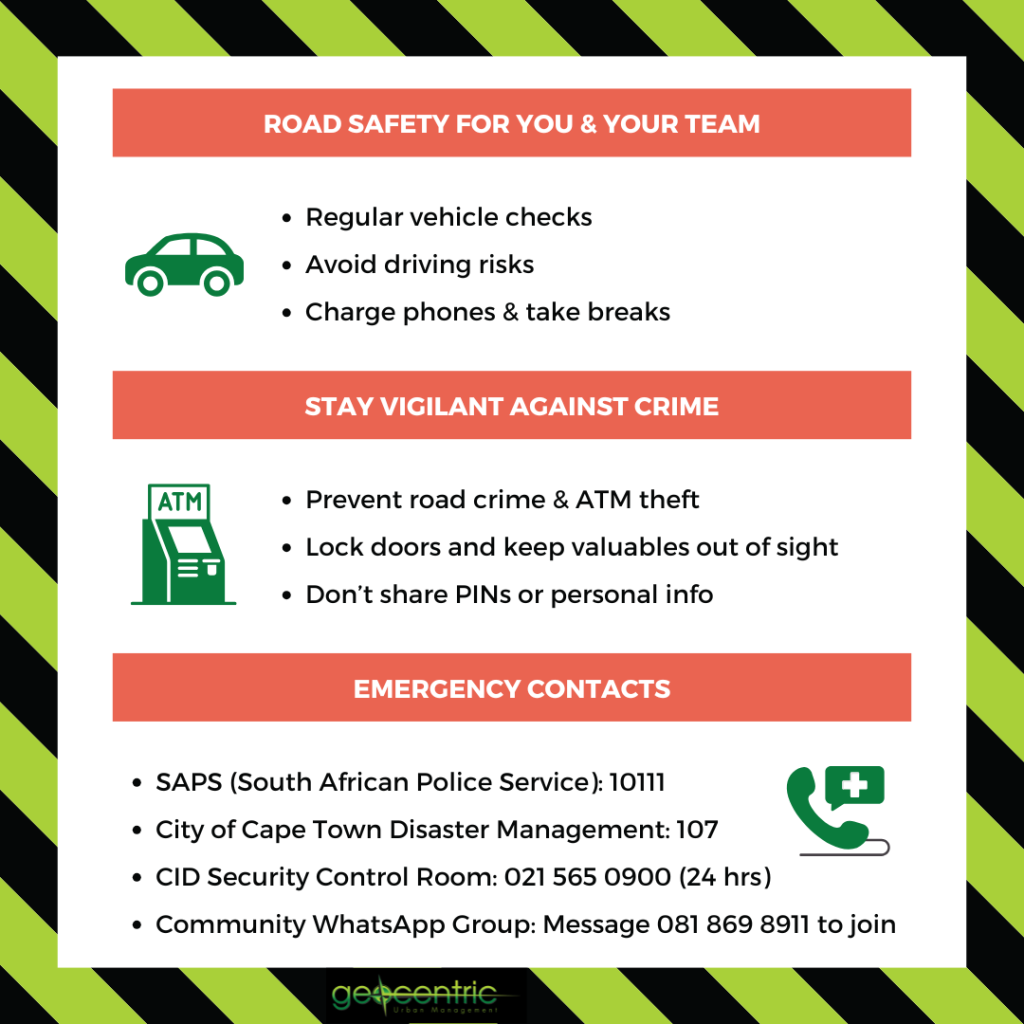
Emergency Contacts
Keep these essential numbers easily accessible:
- SAPS: 10111
- Metro Police & Traffic: 0860 765 423
- City of Cape Town Disaster Management: 107
- CID Control Room (24-hour public safety emergencies): 021 565 0900
- Community WhatsApp Group: Message 081 869 8911 to join
As we close out the year, thank you for helping us keep Elsie’s River safe, clean and thriving.
Wishing you a safe, restful and prosperous festive season.
